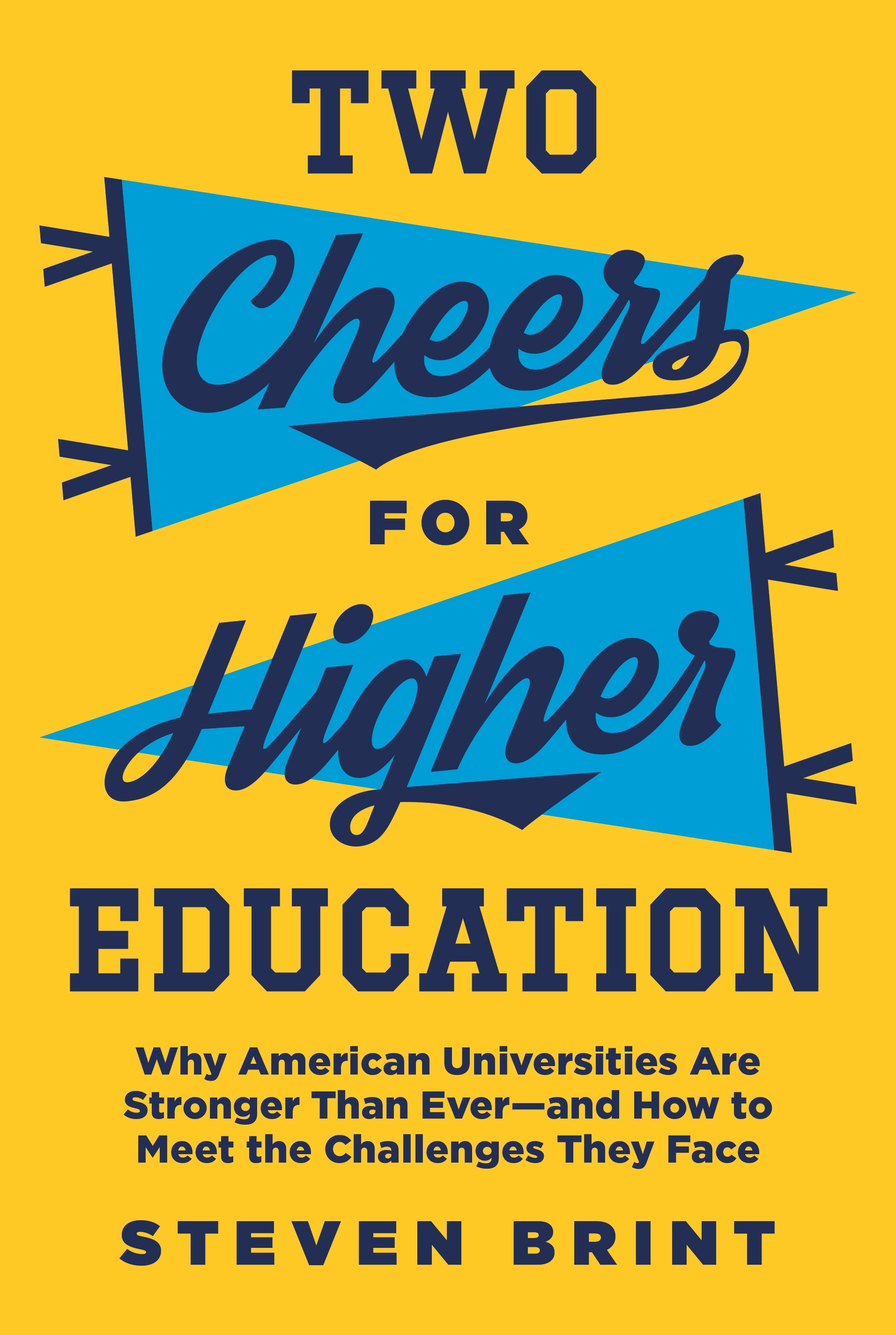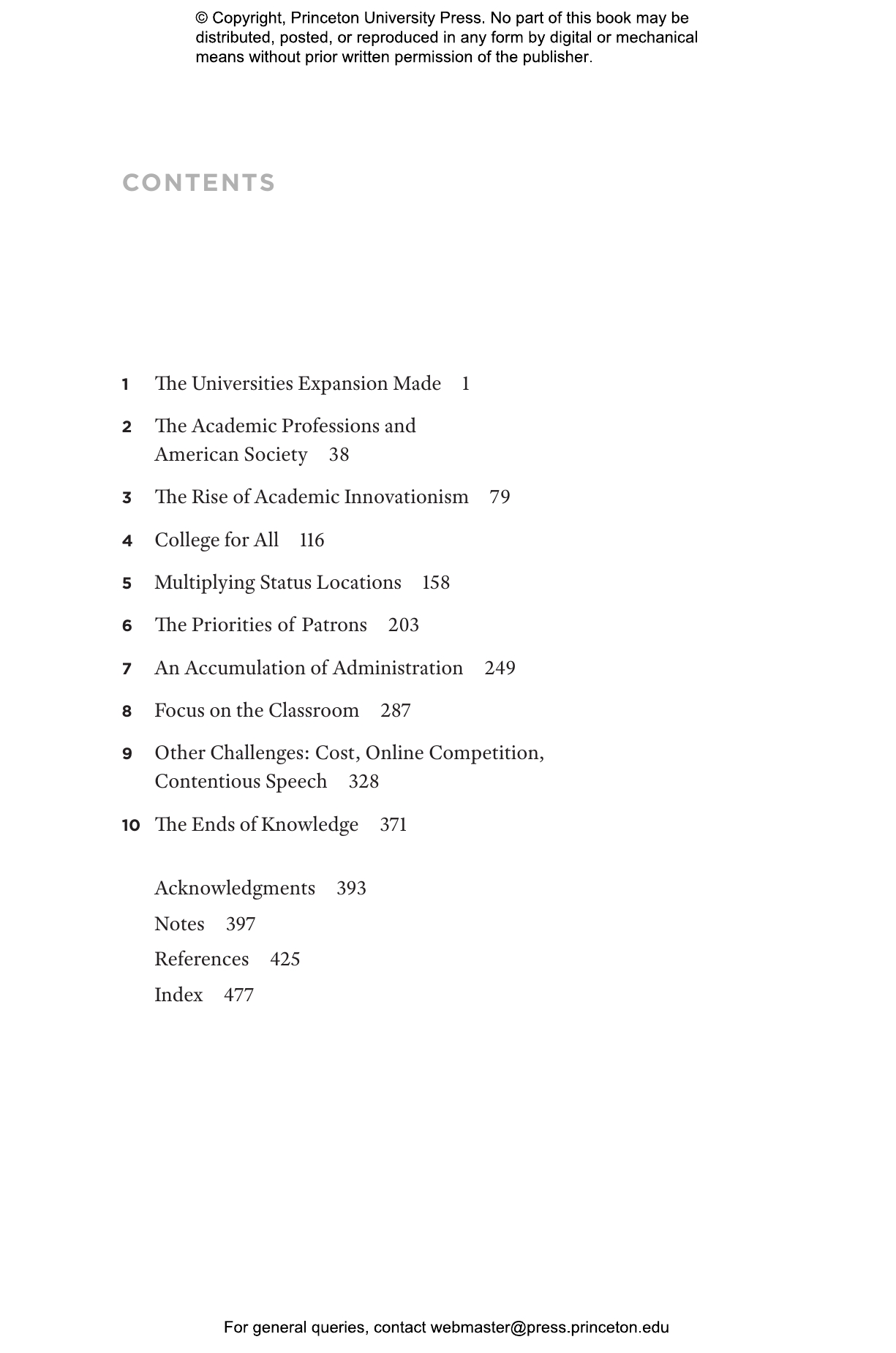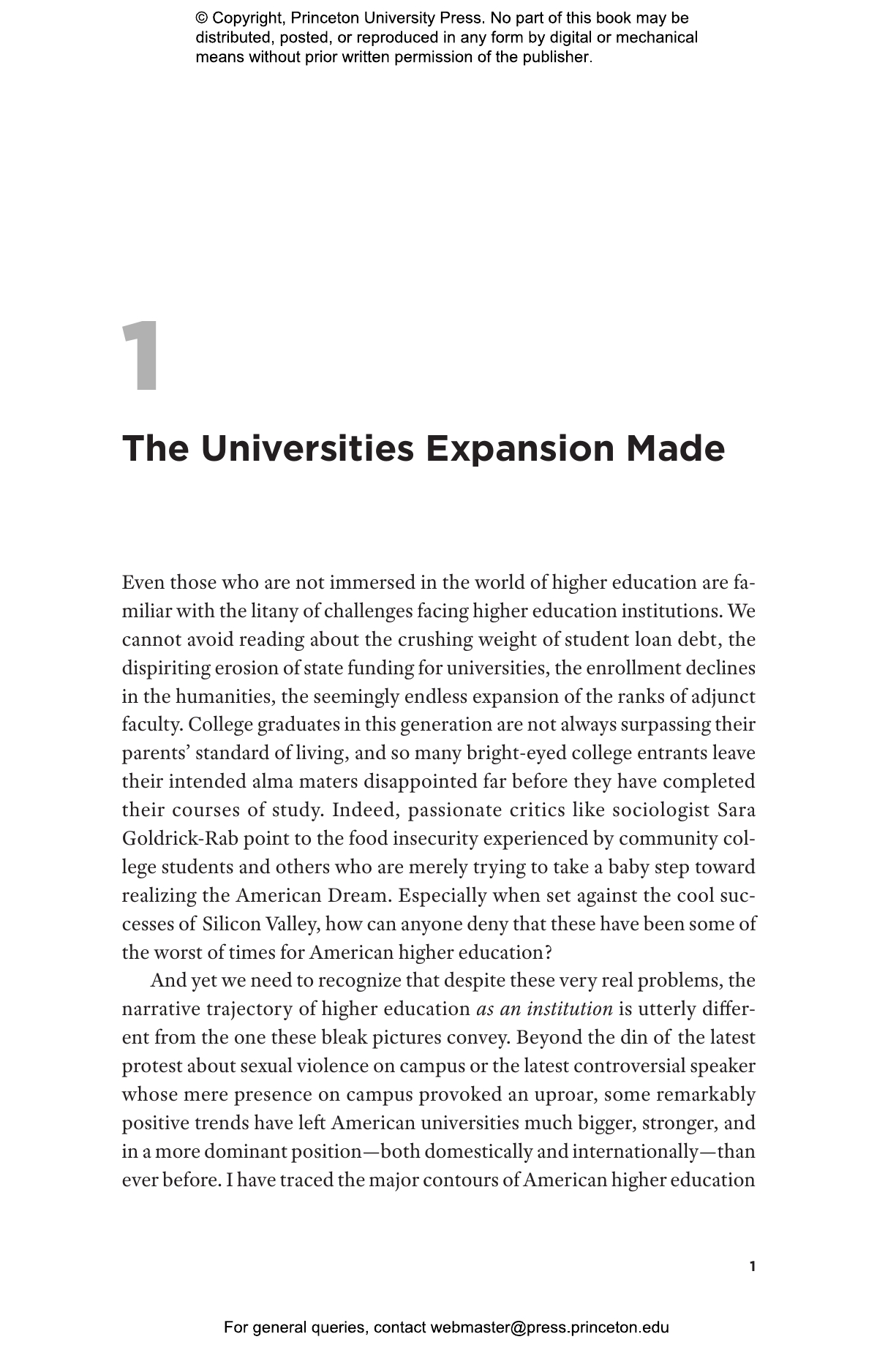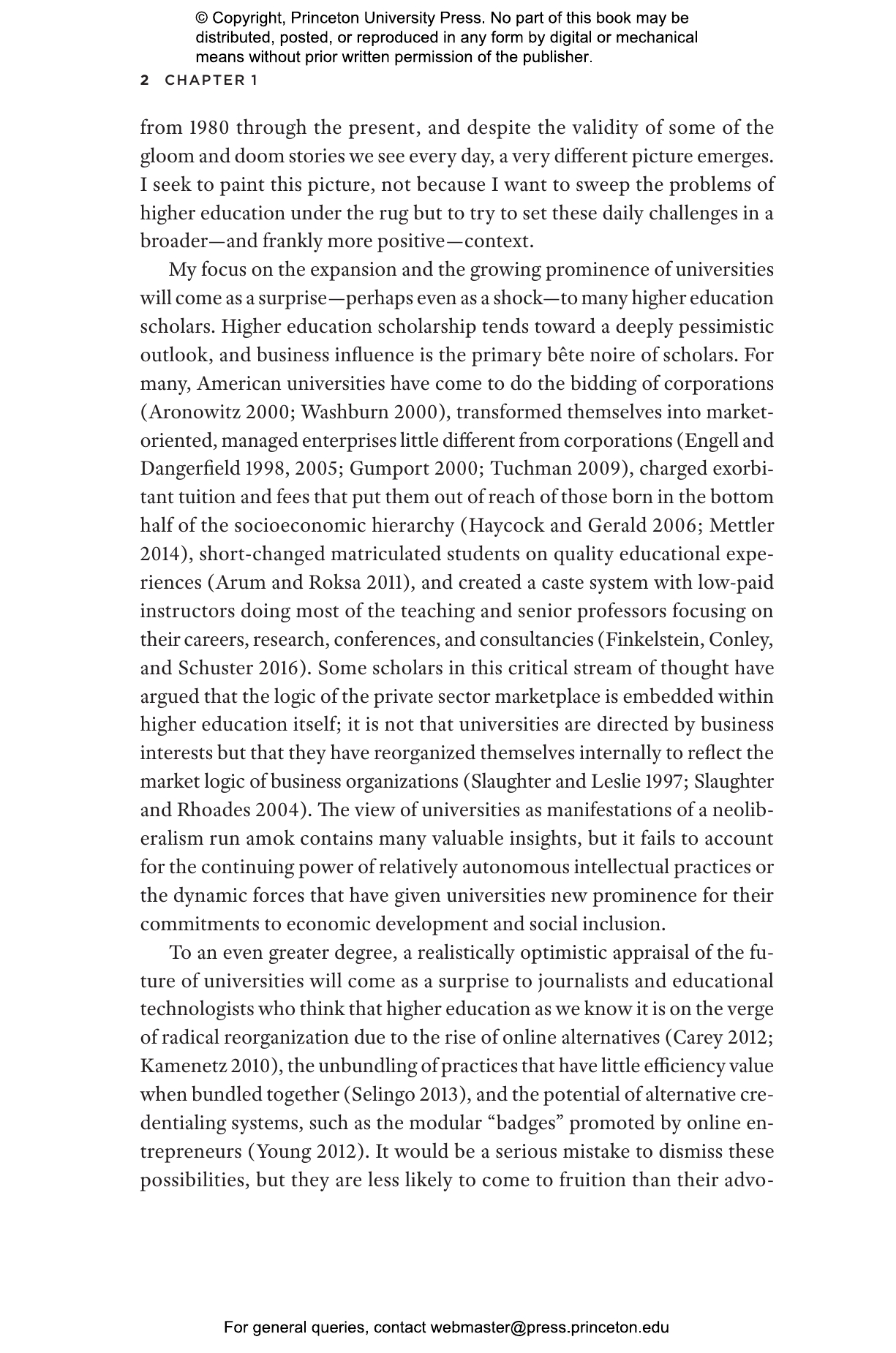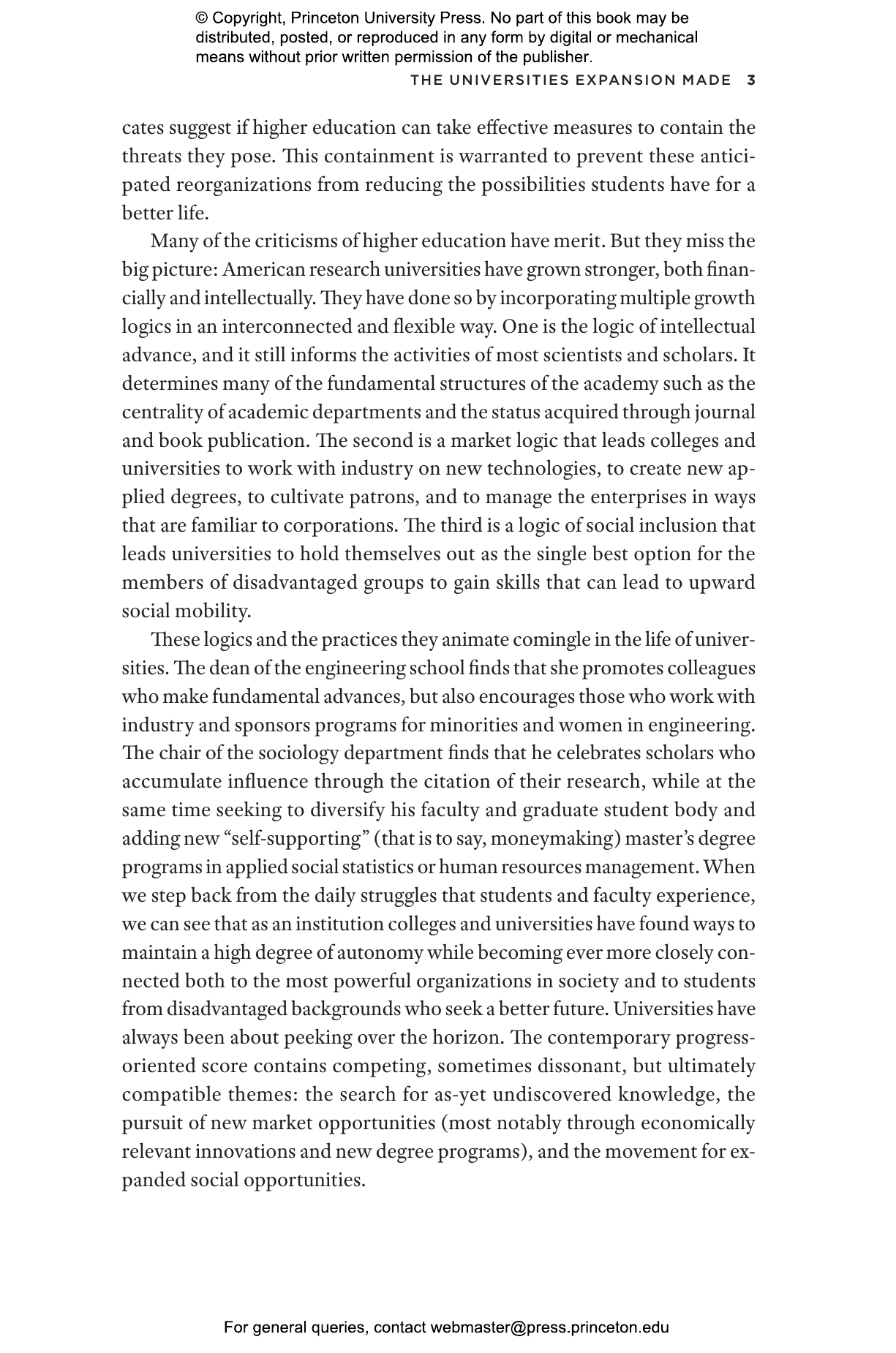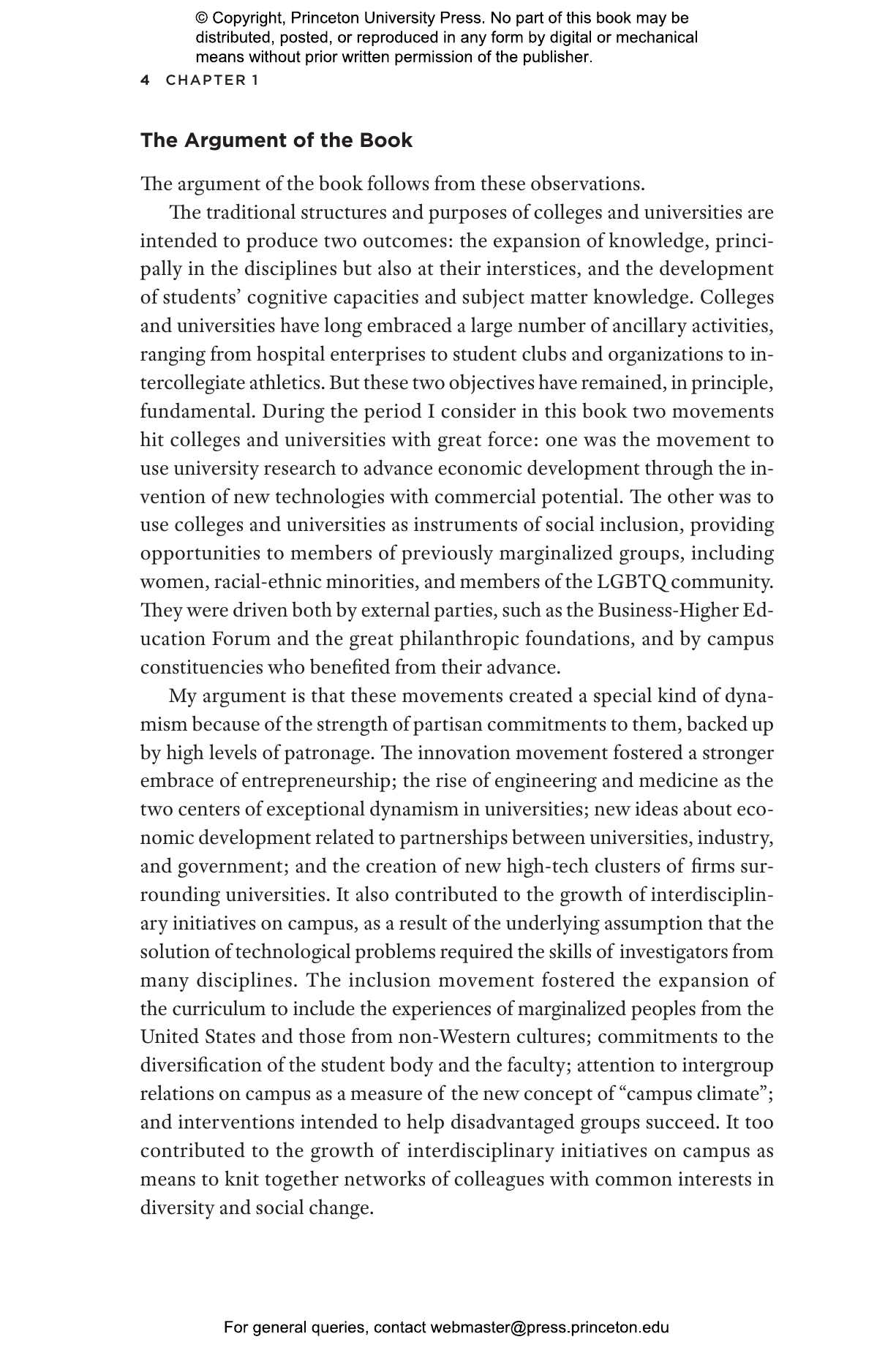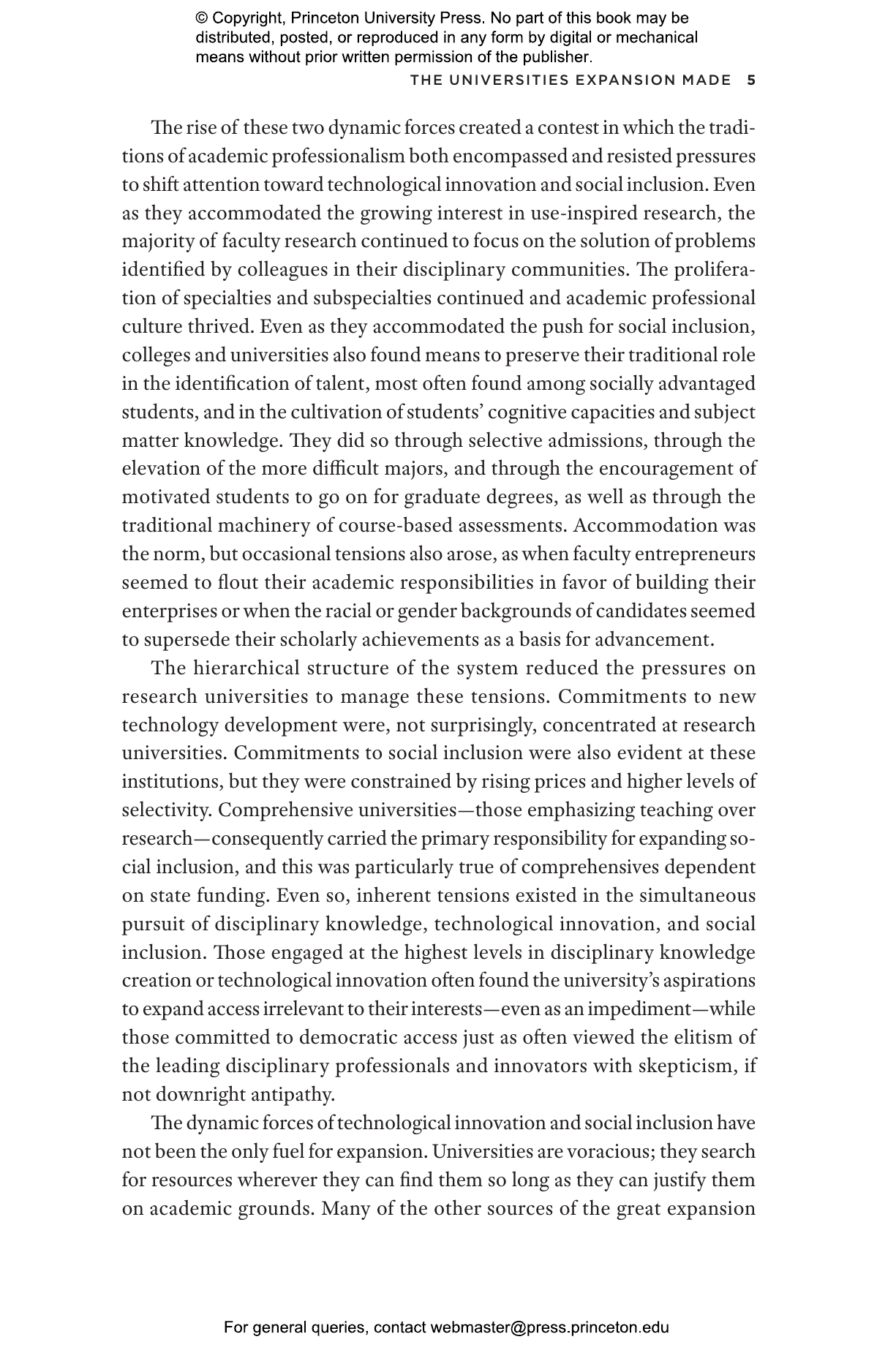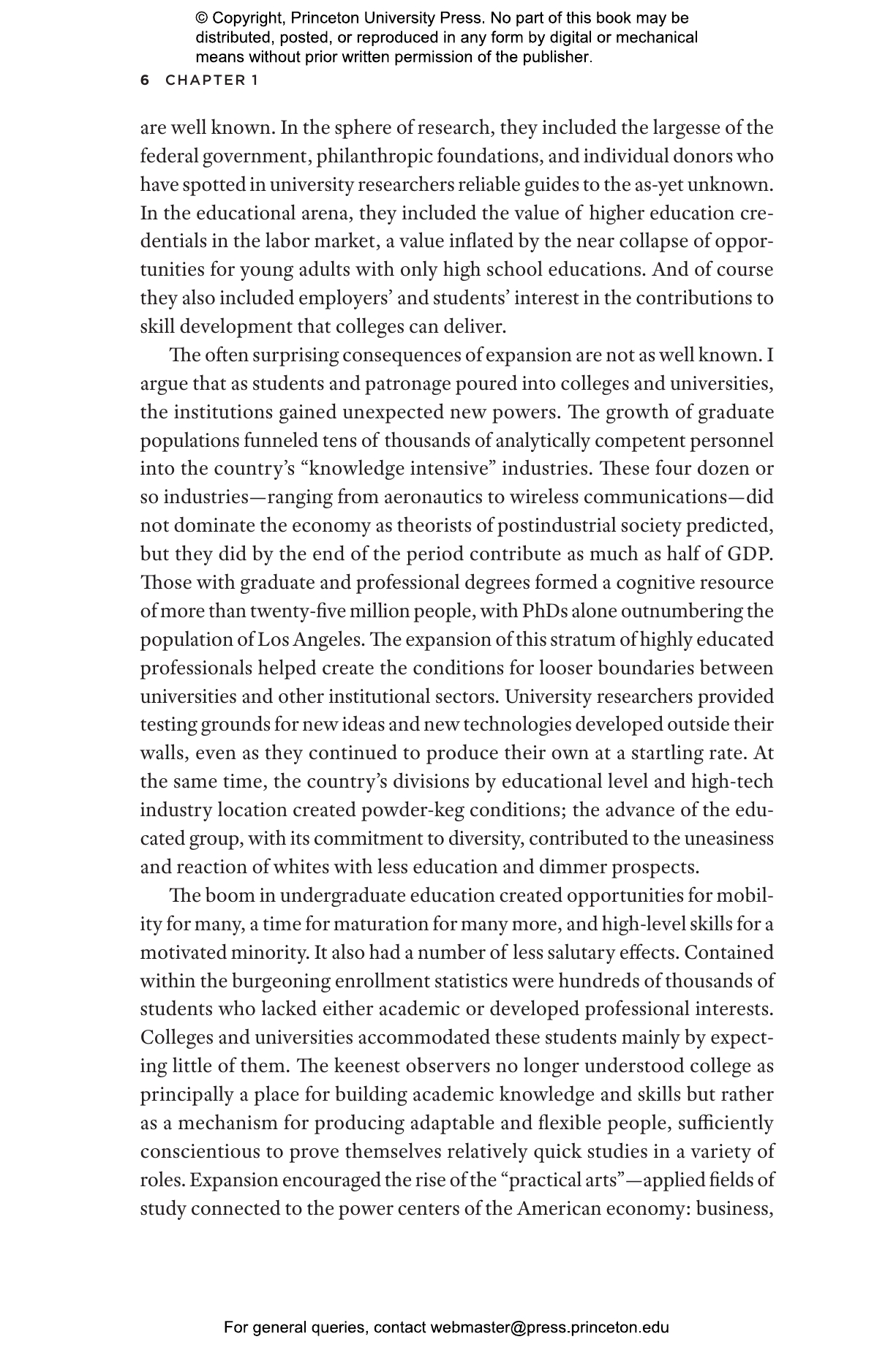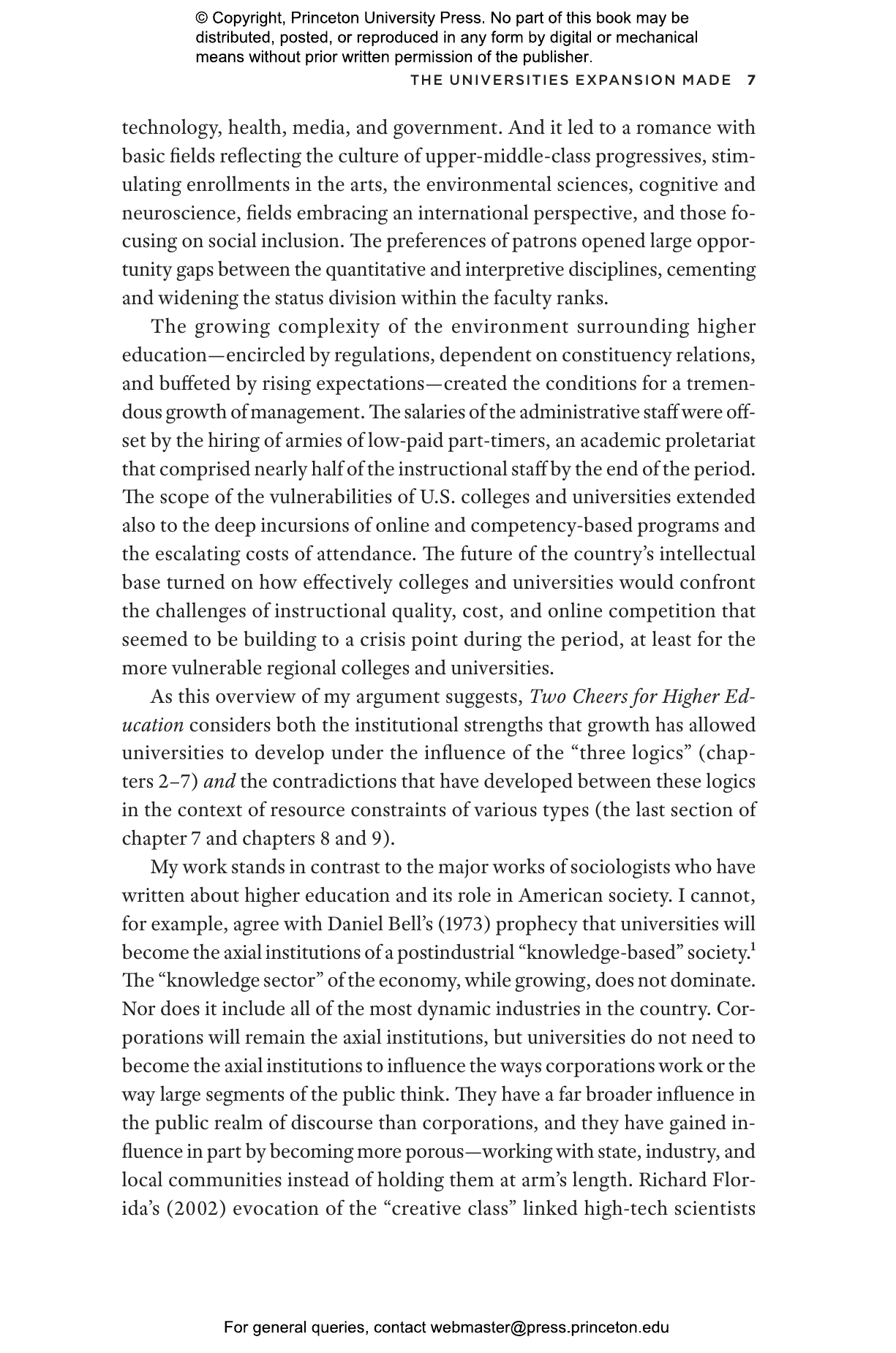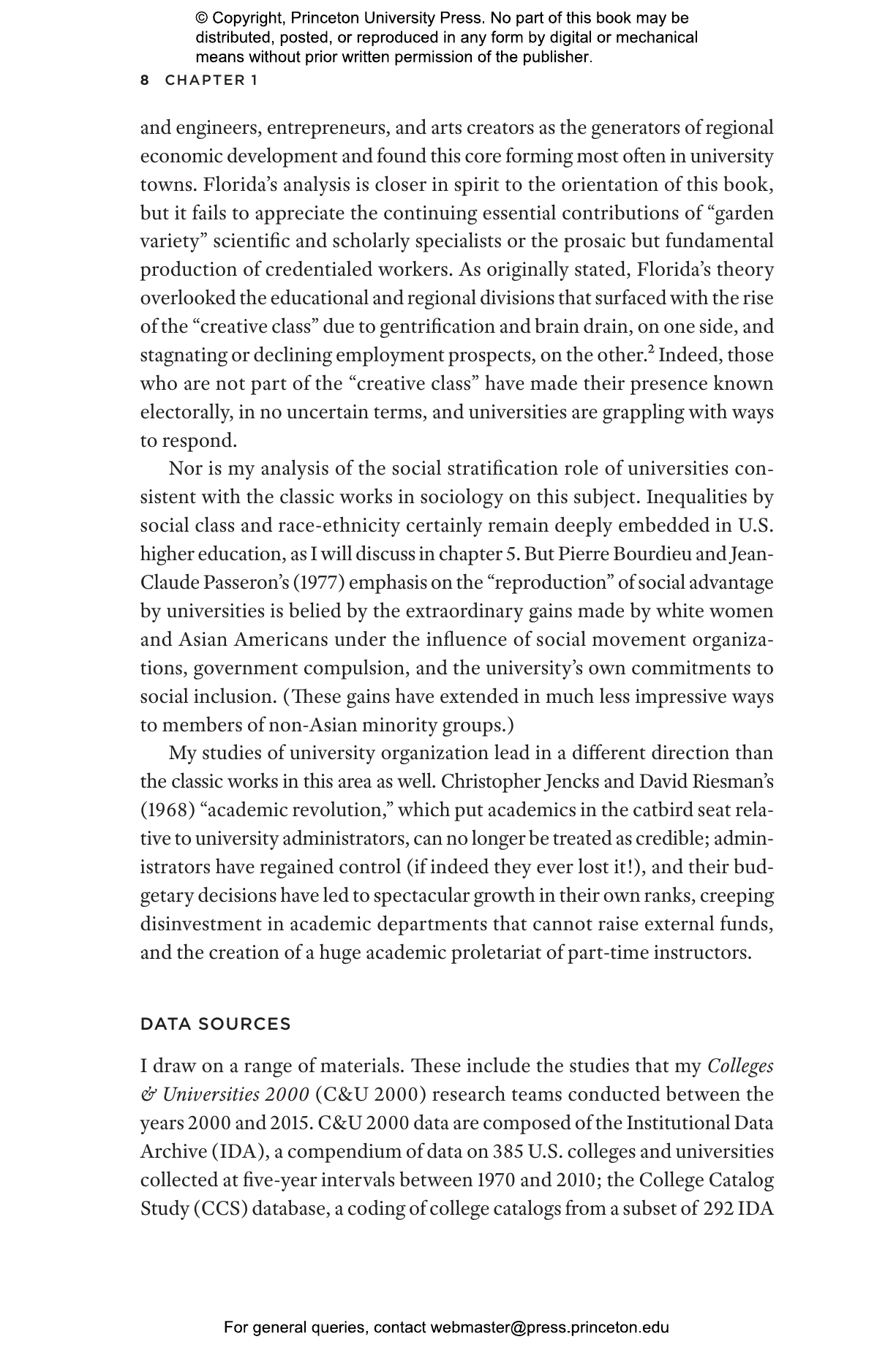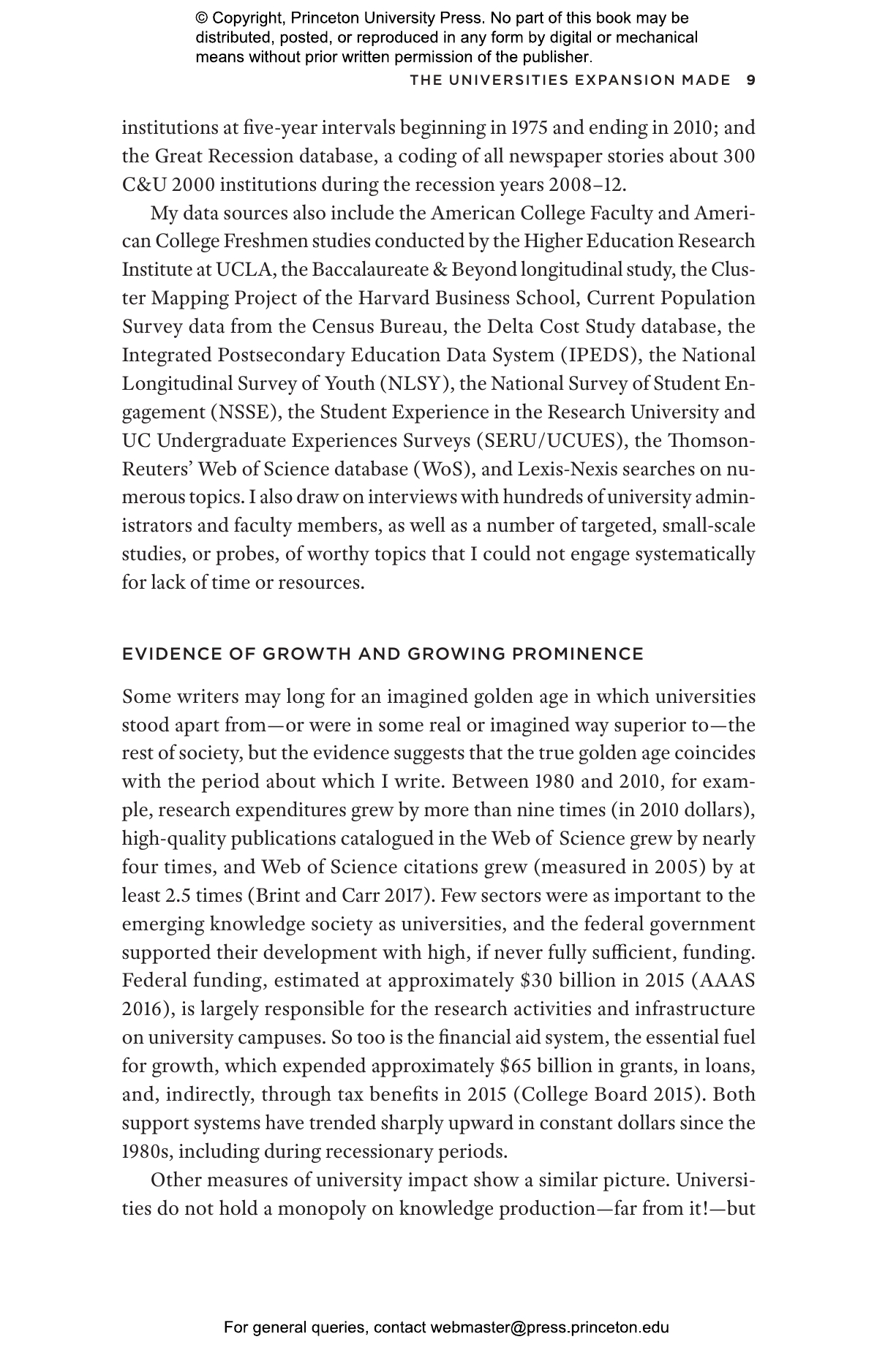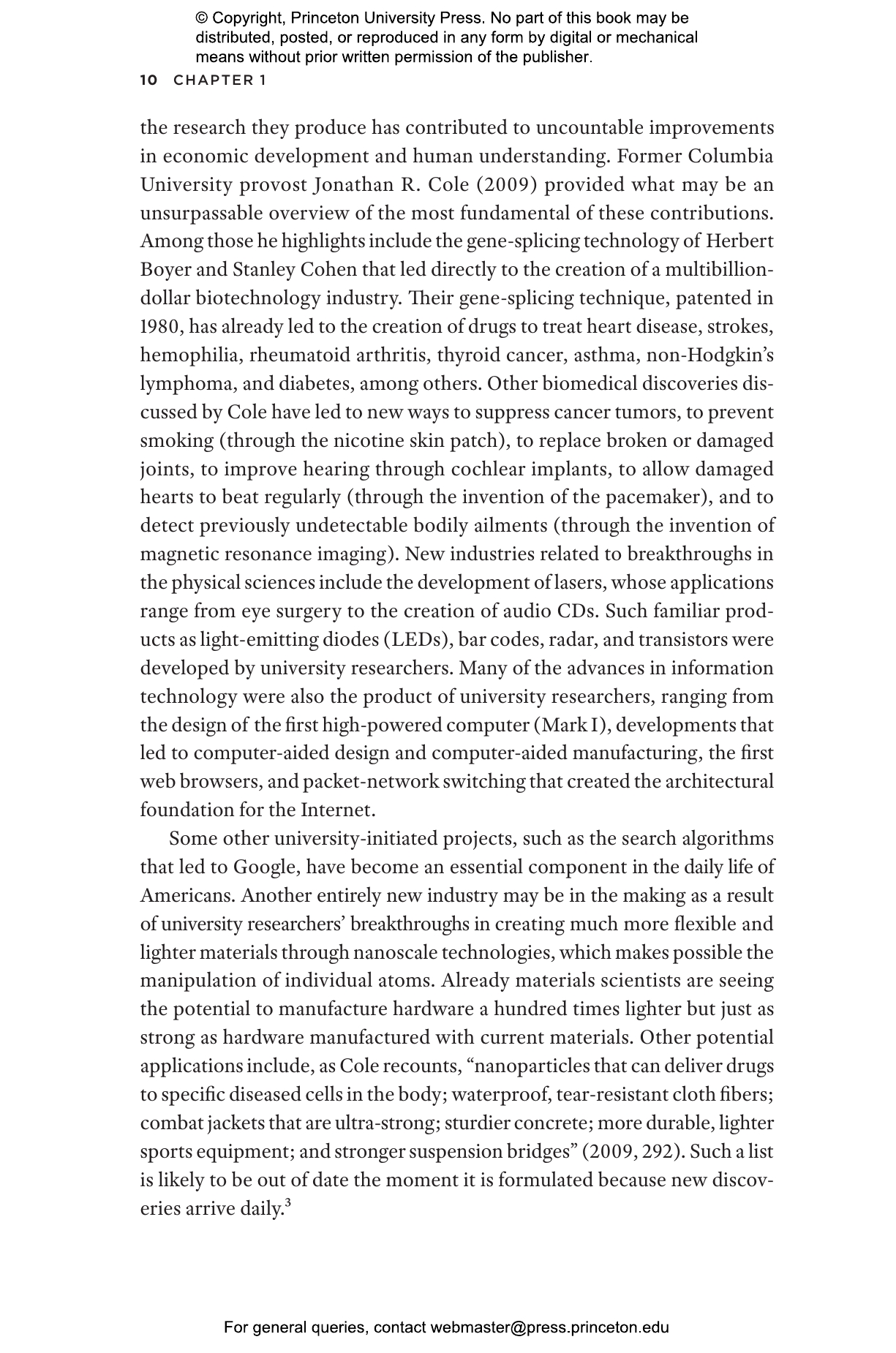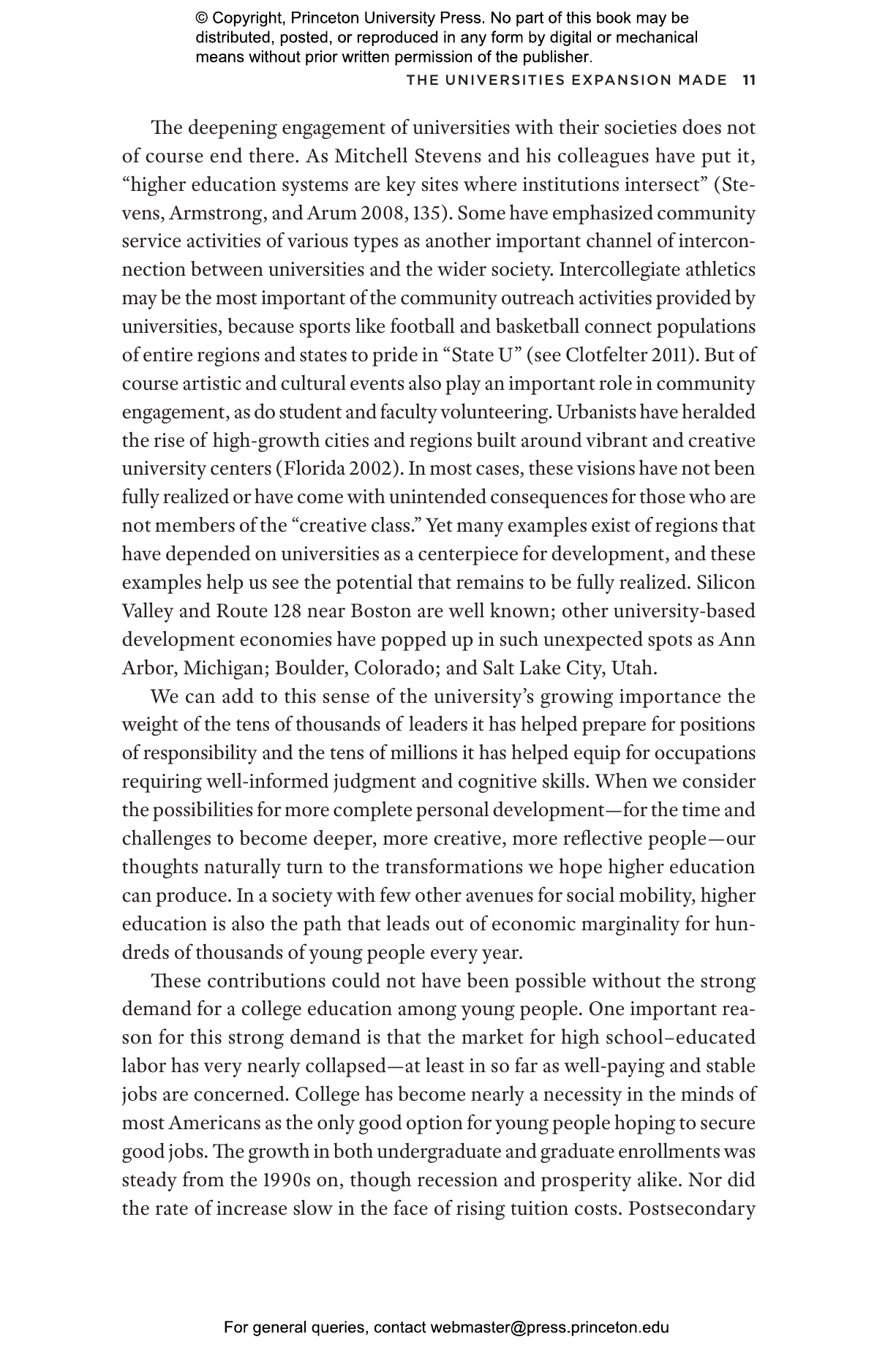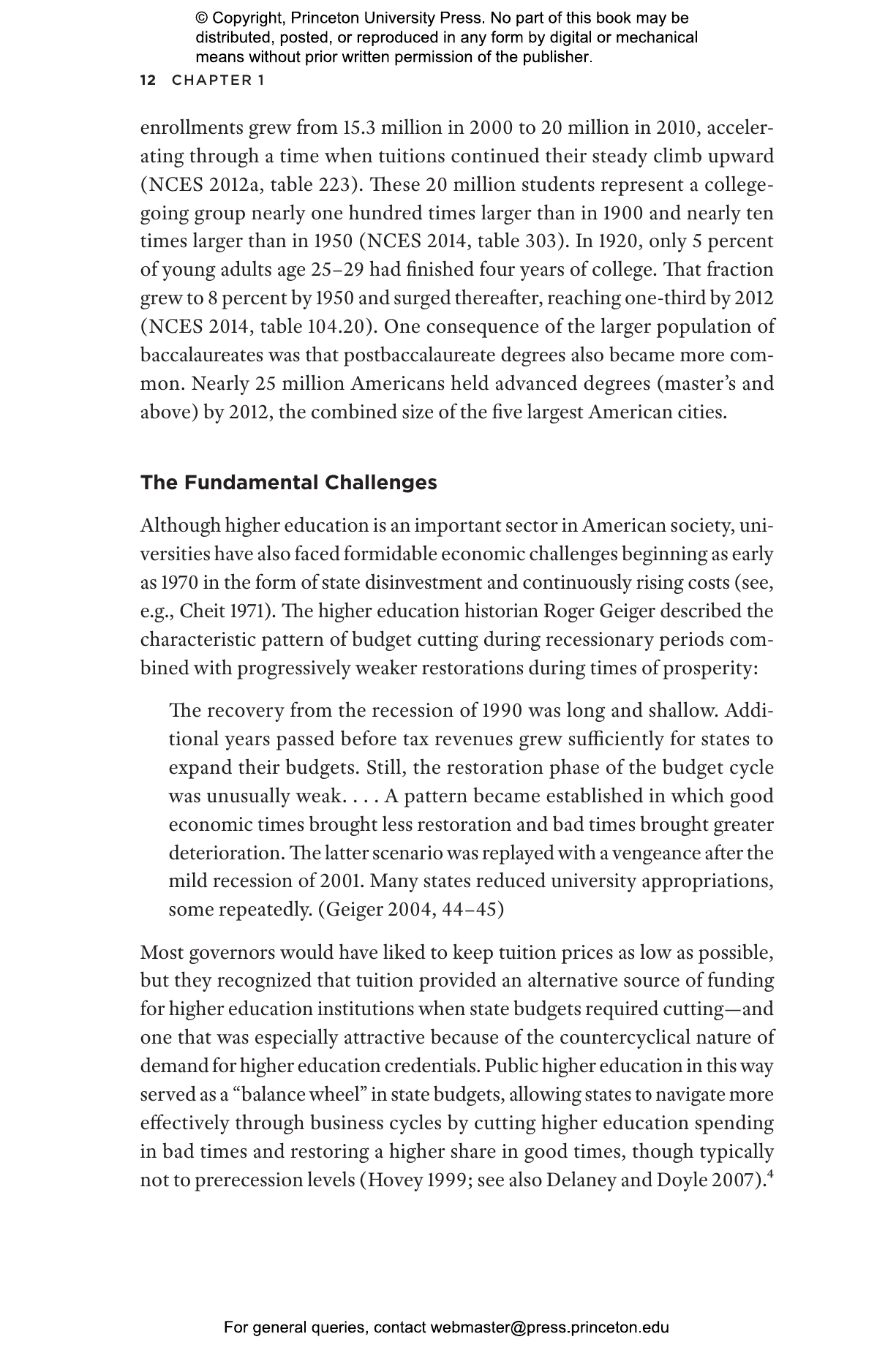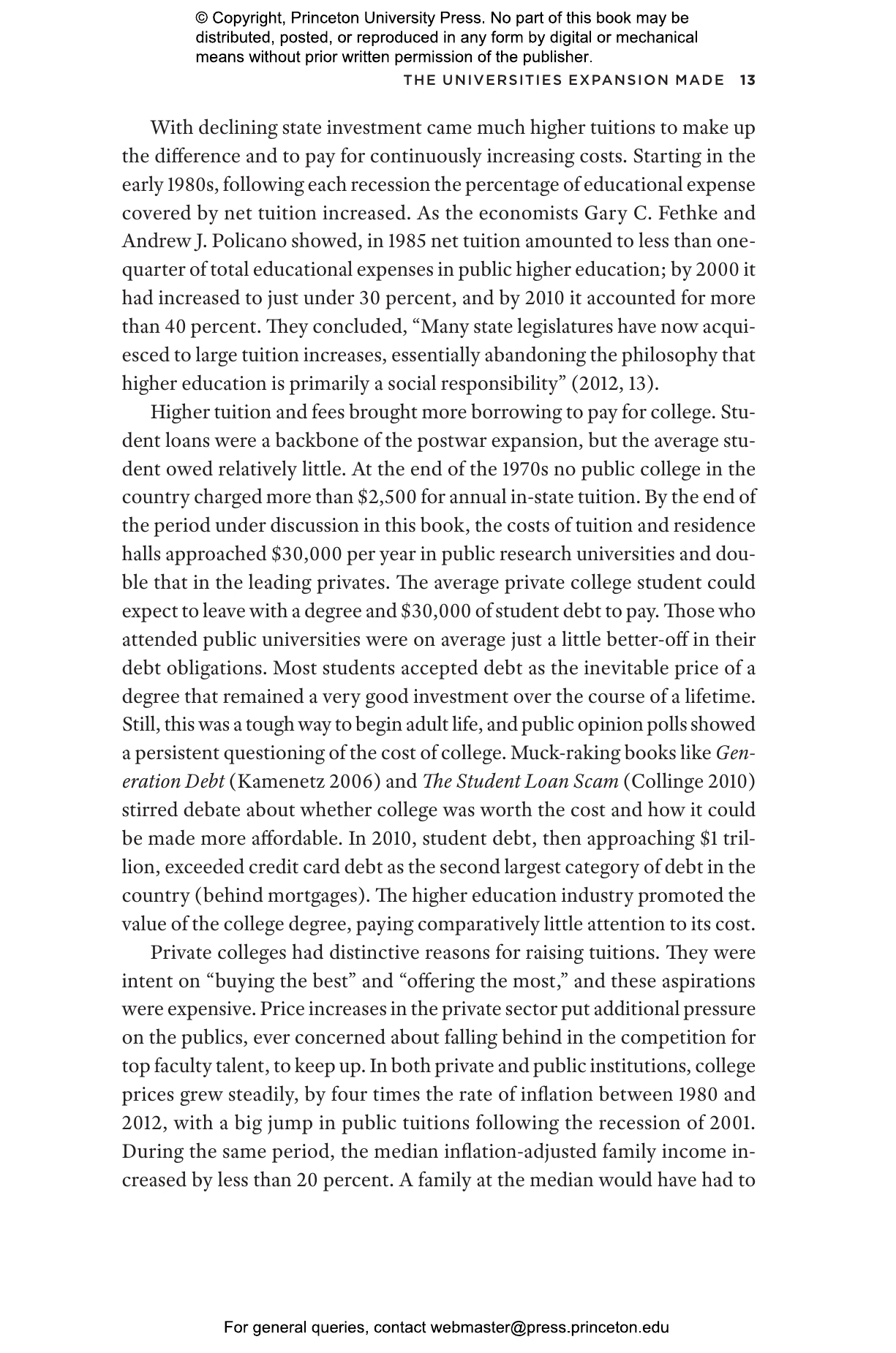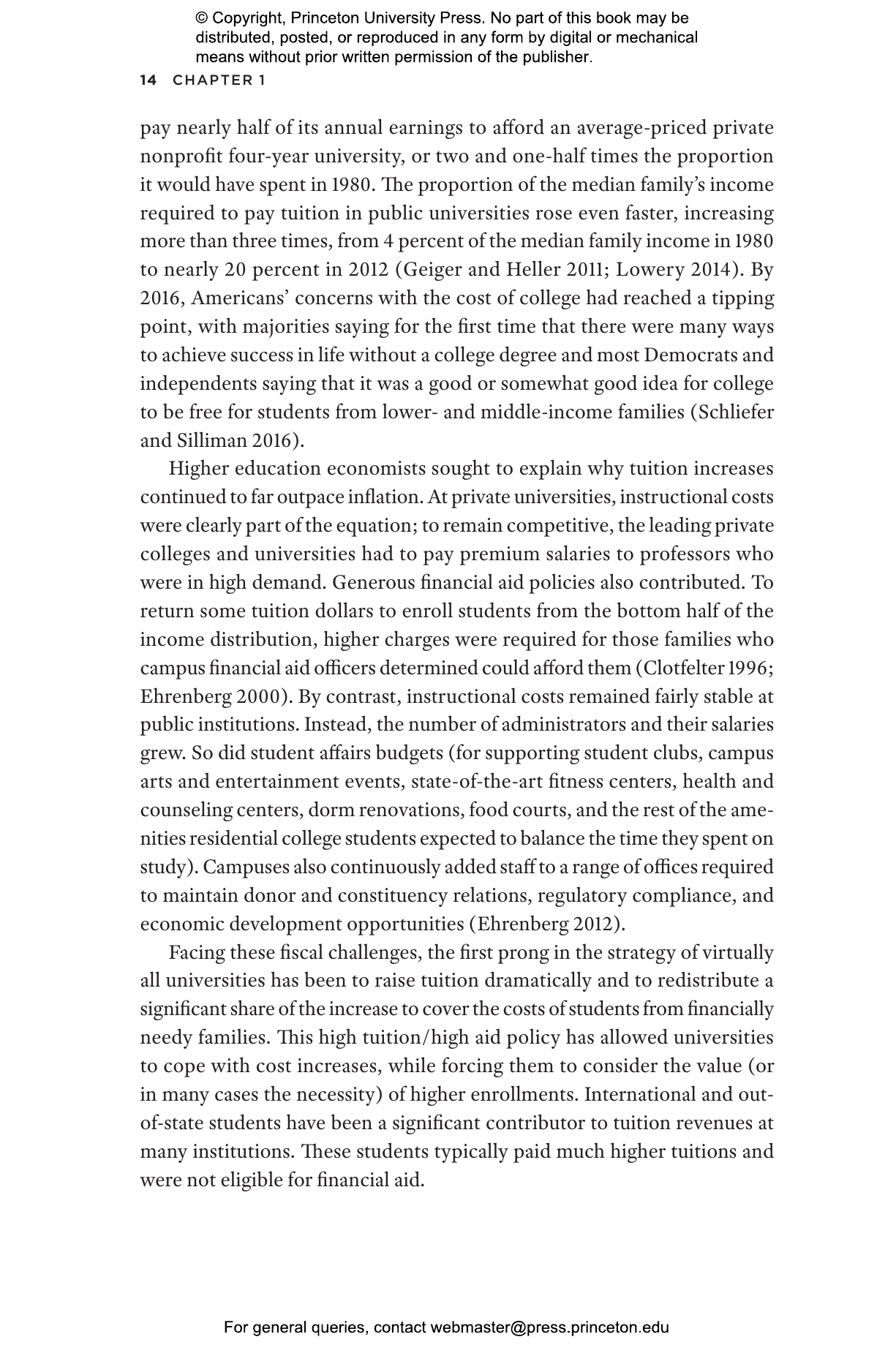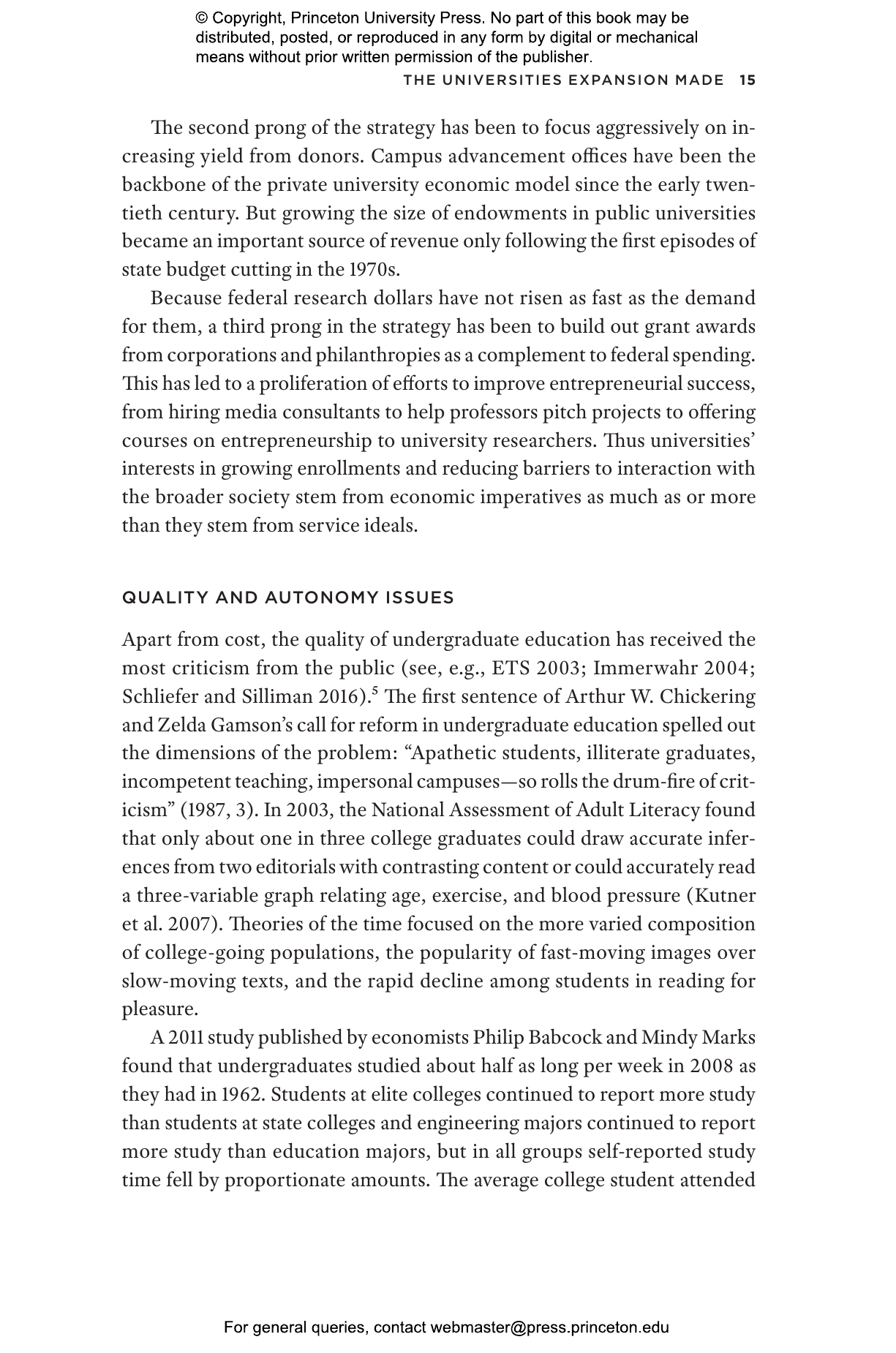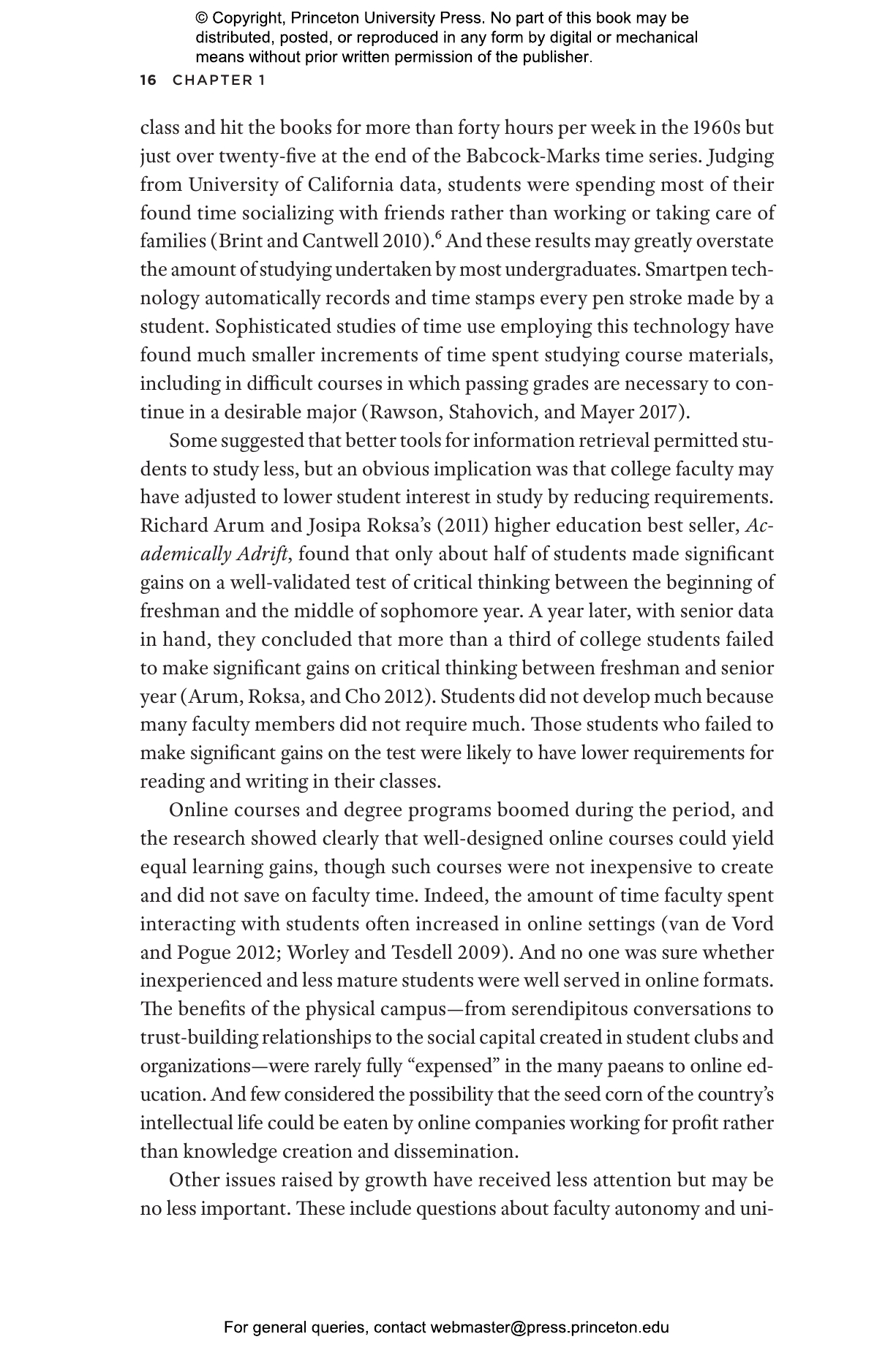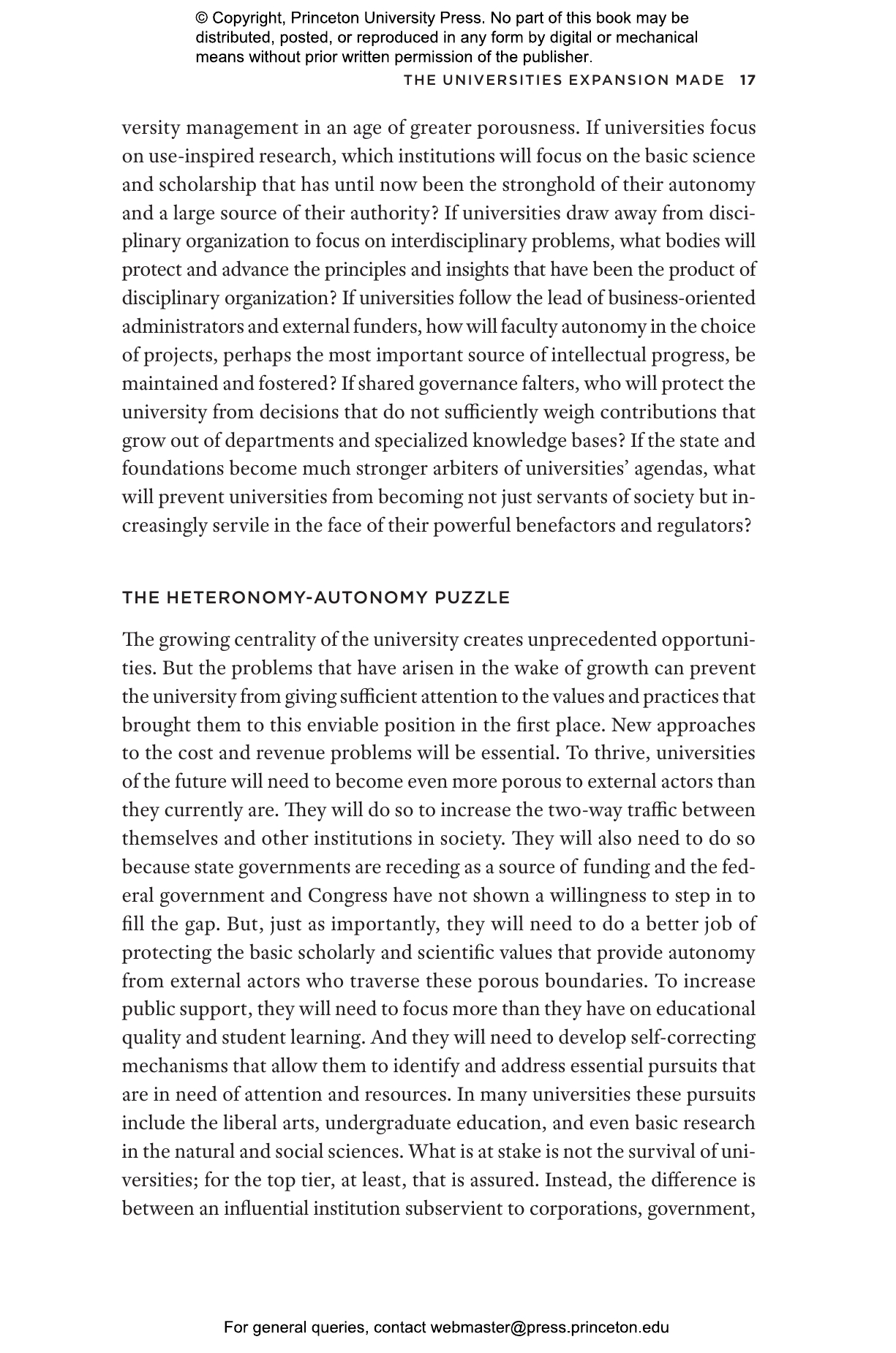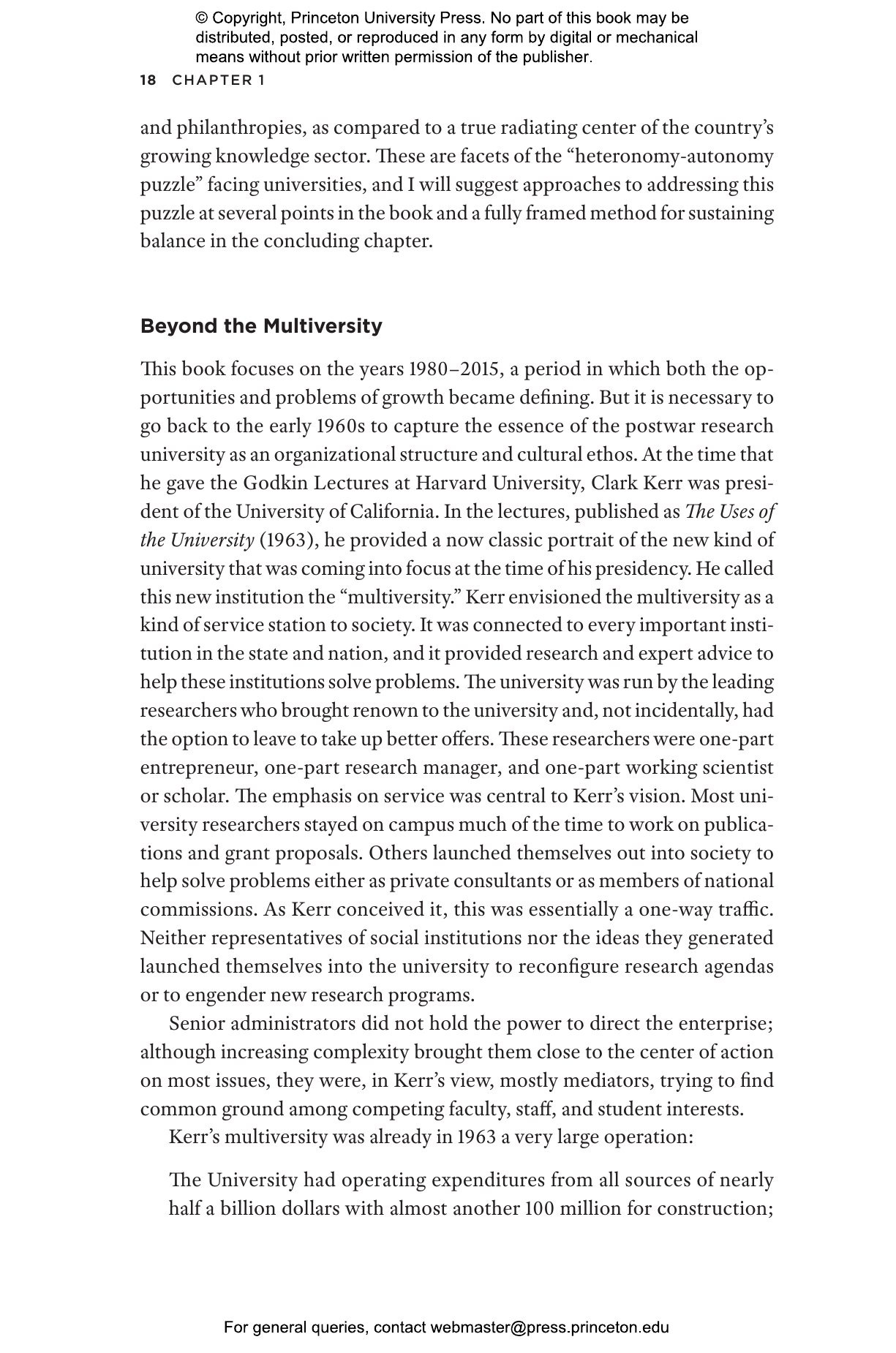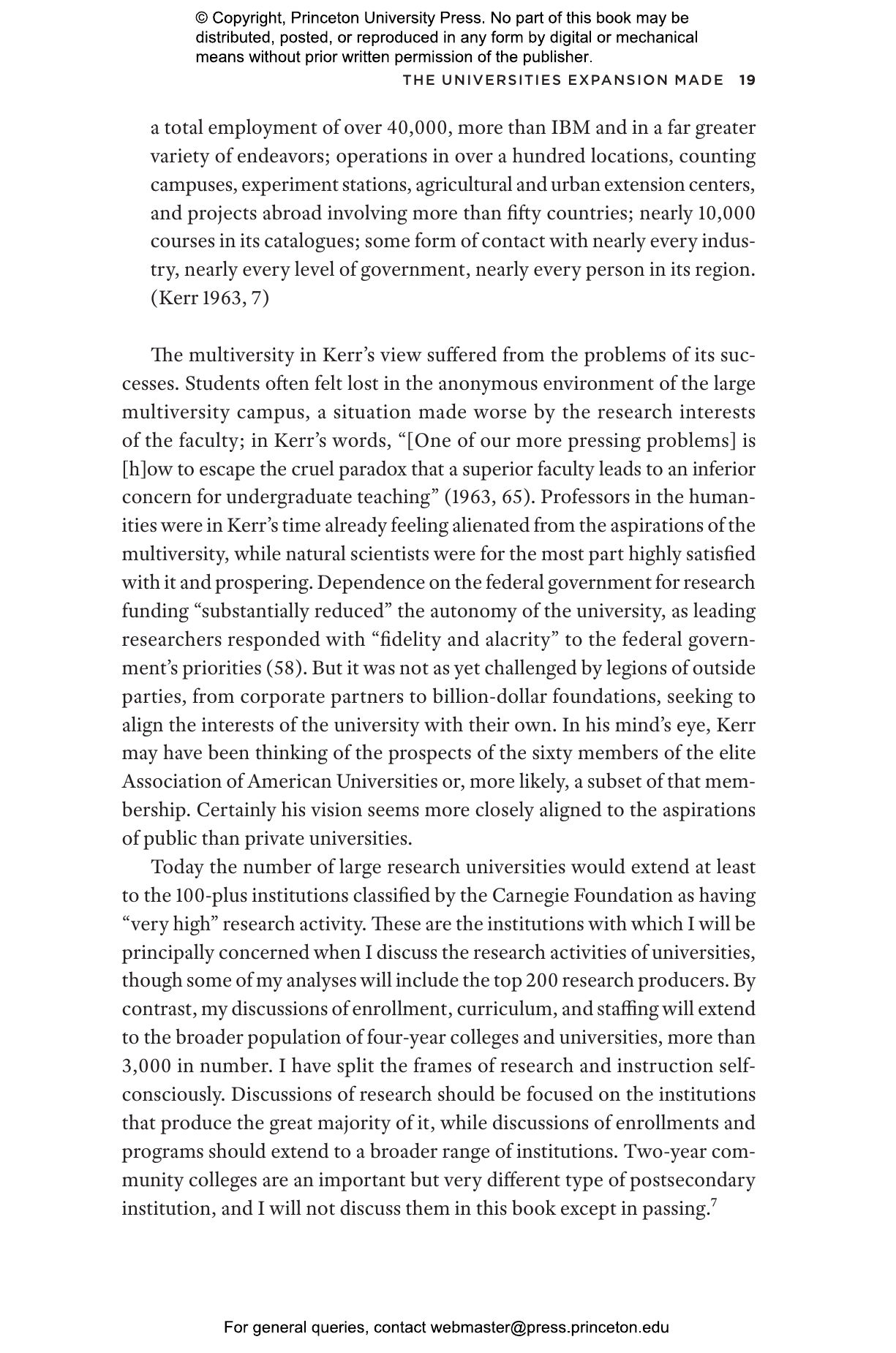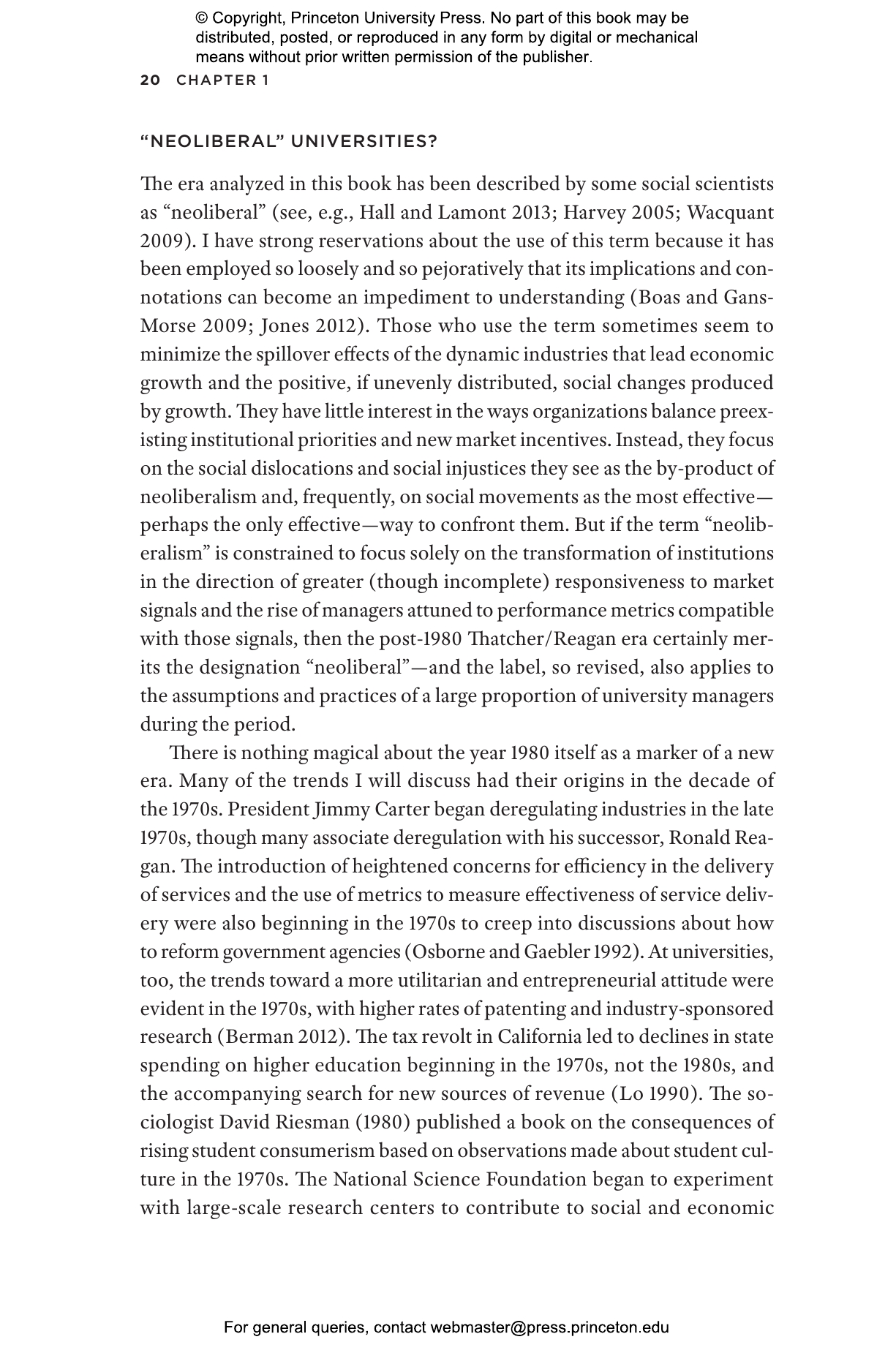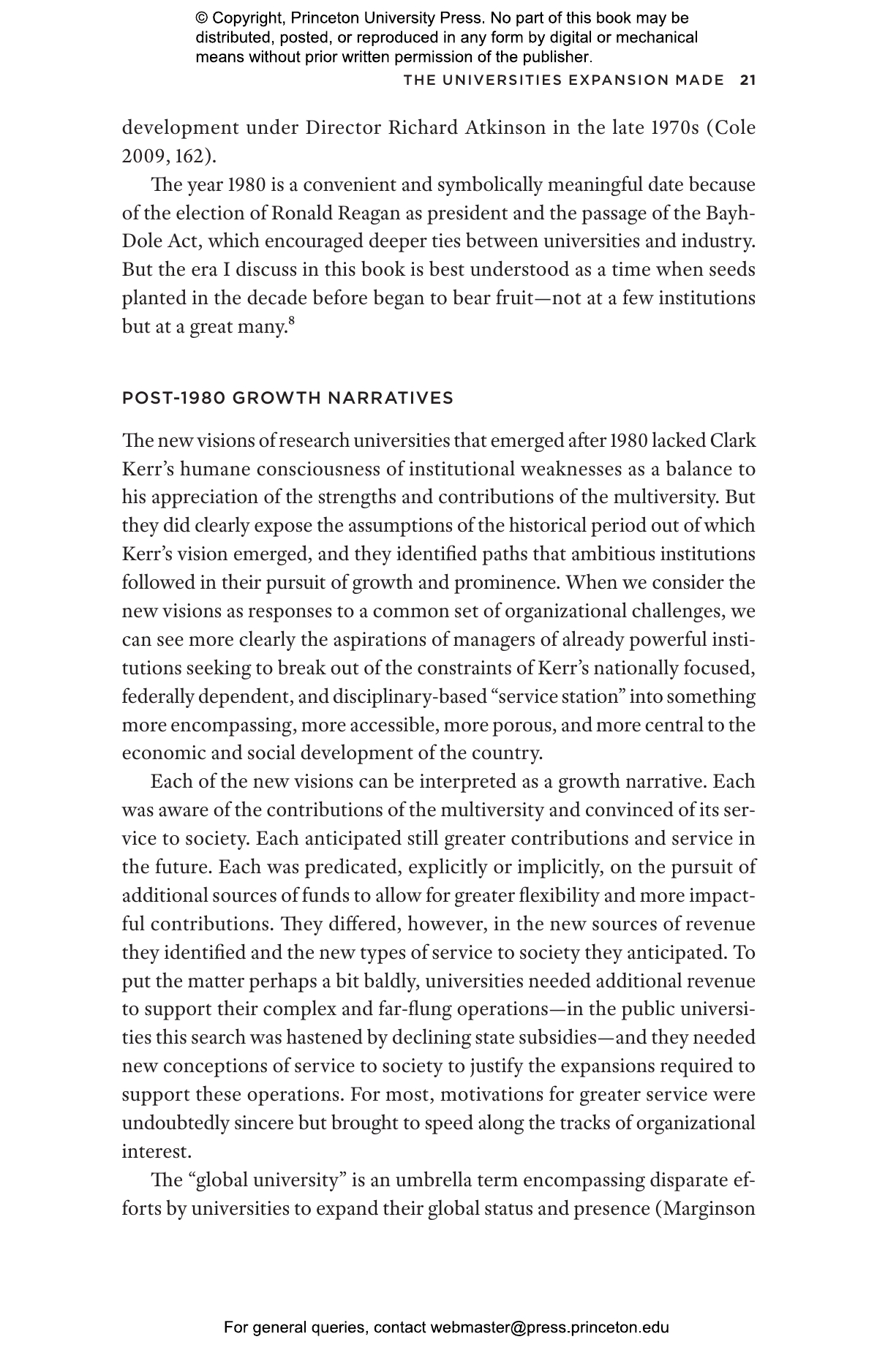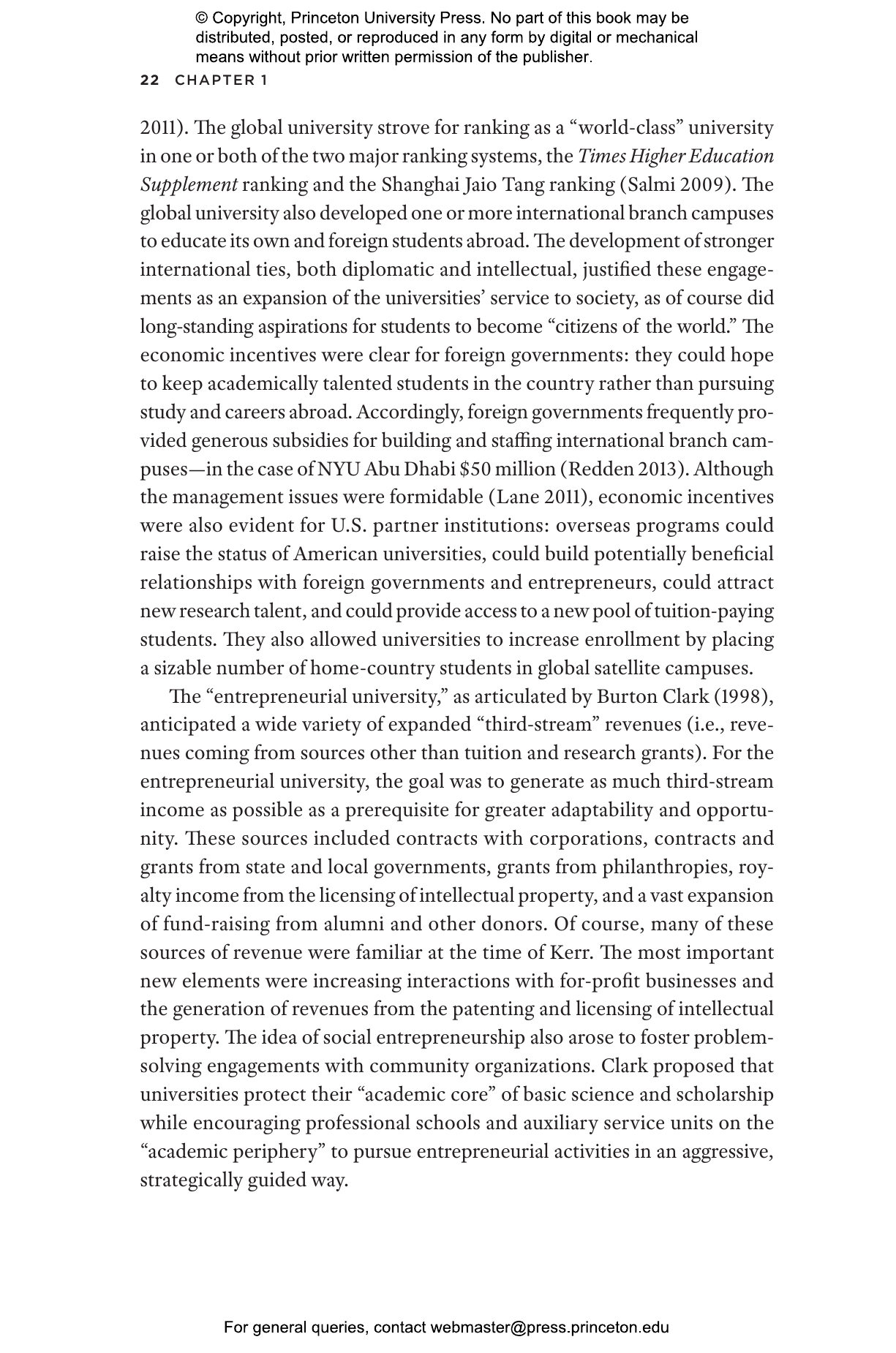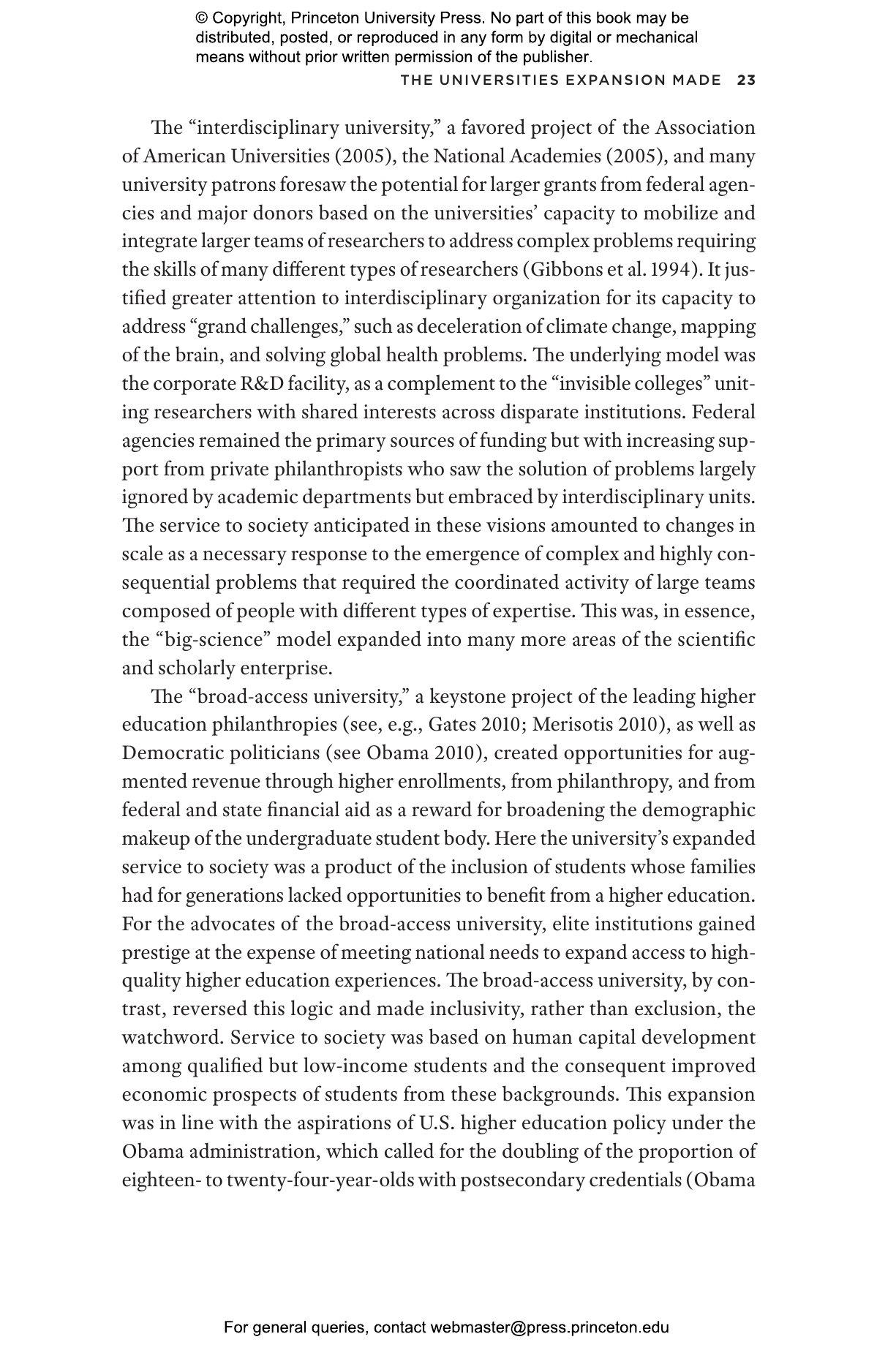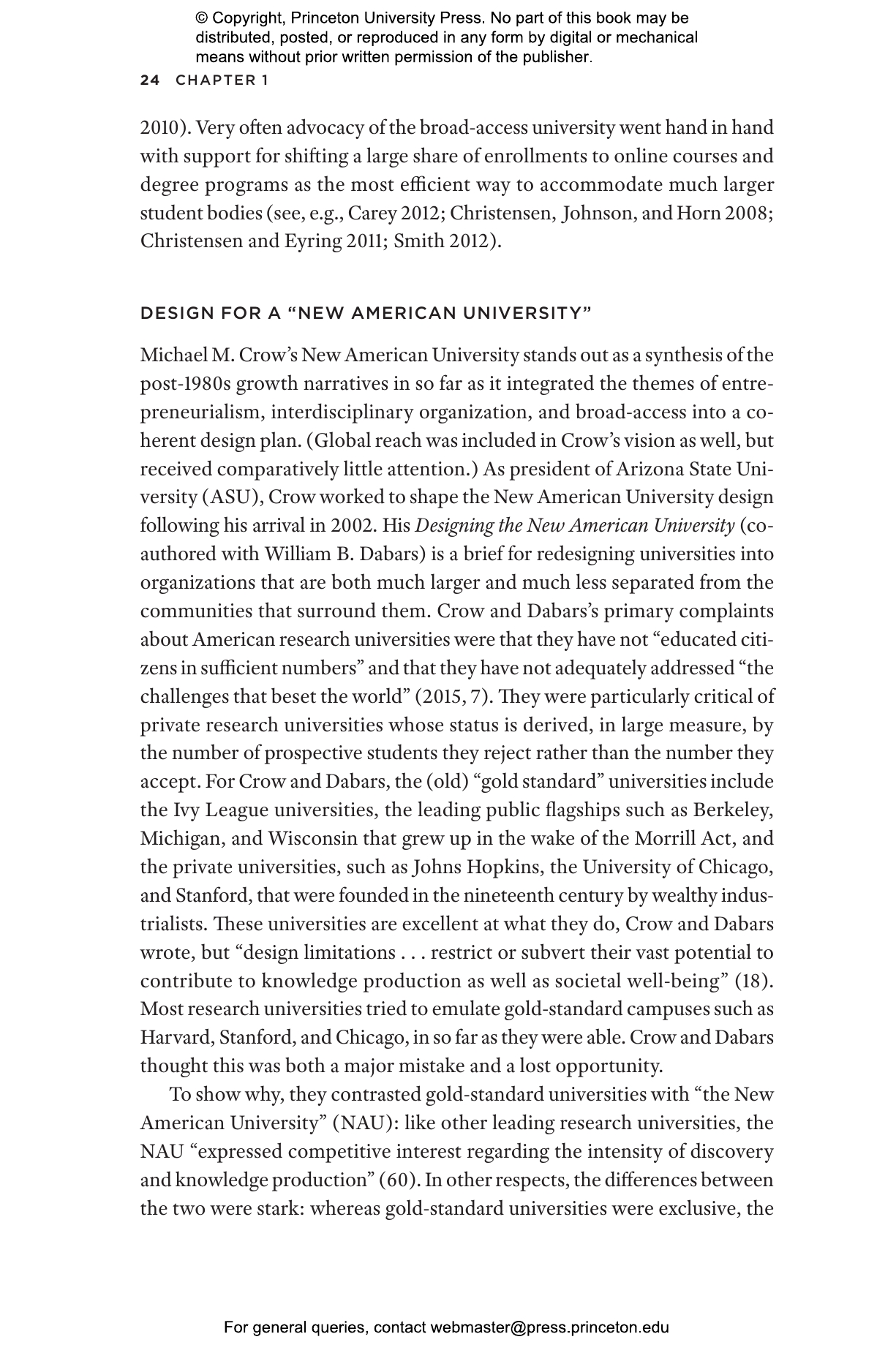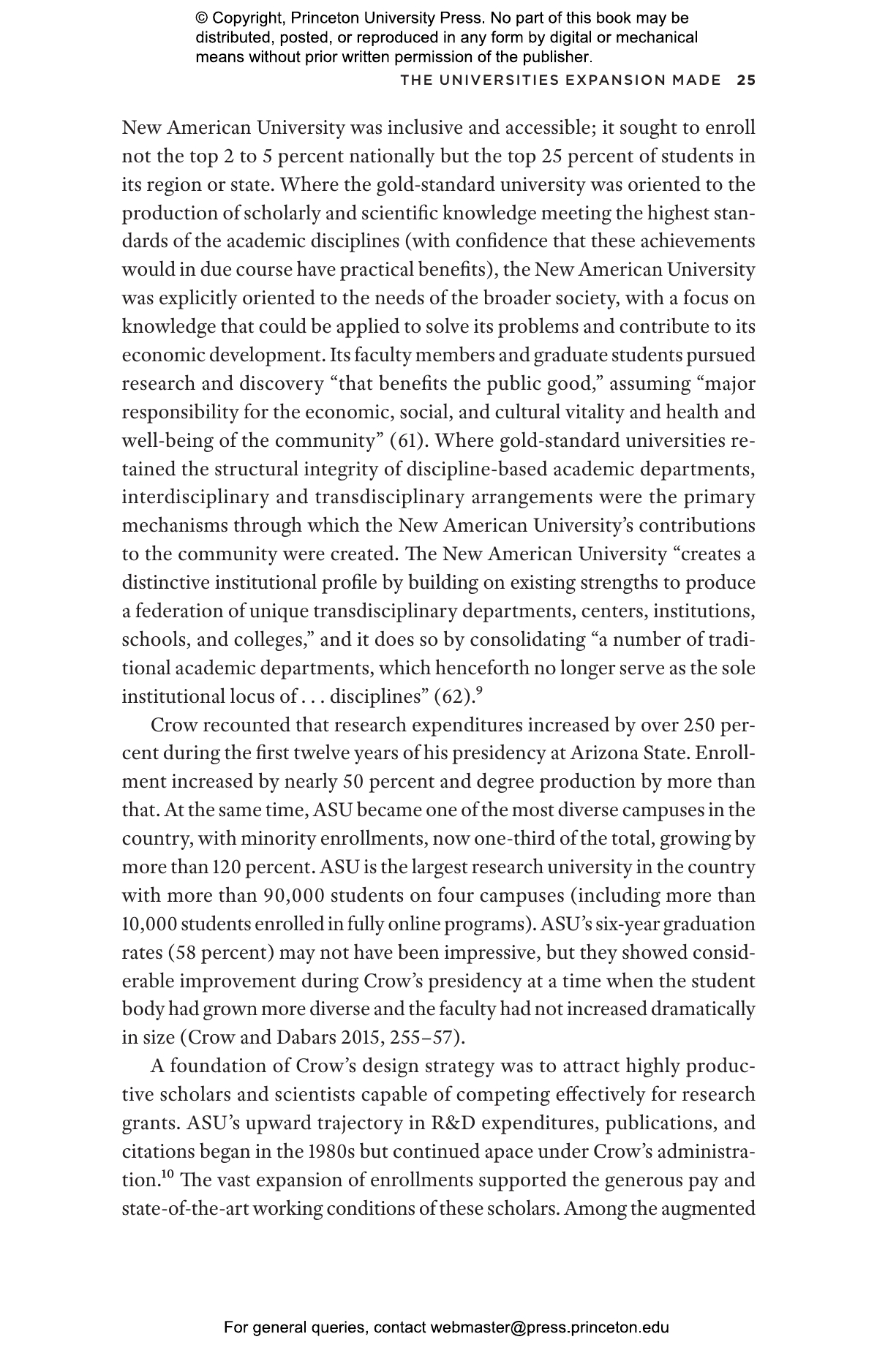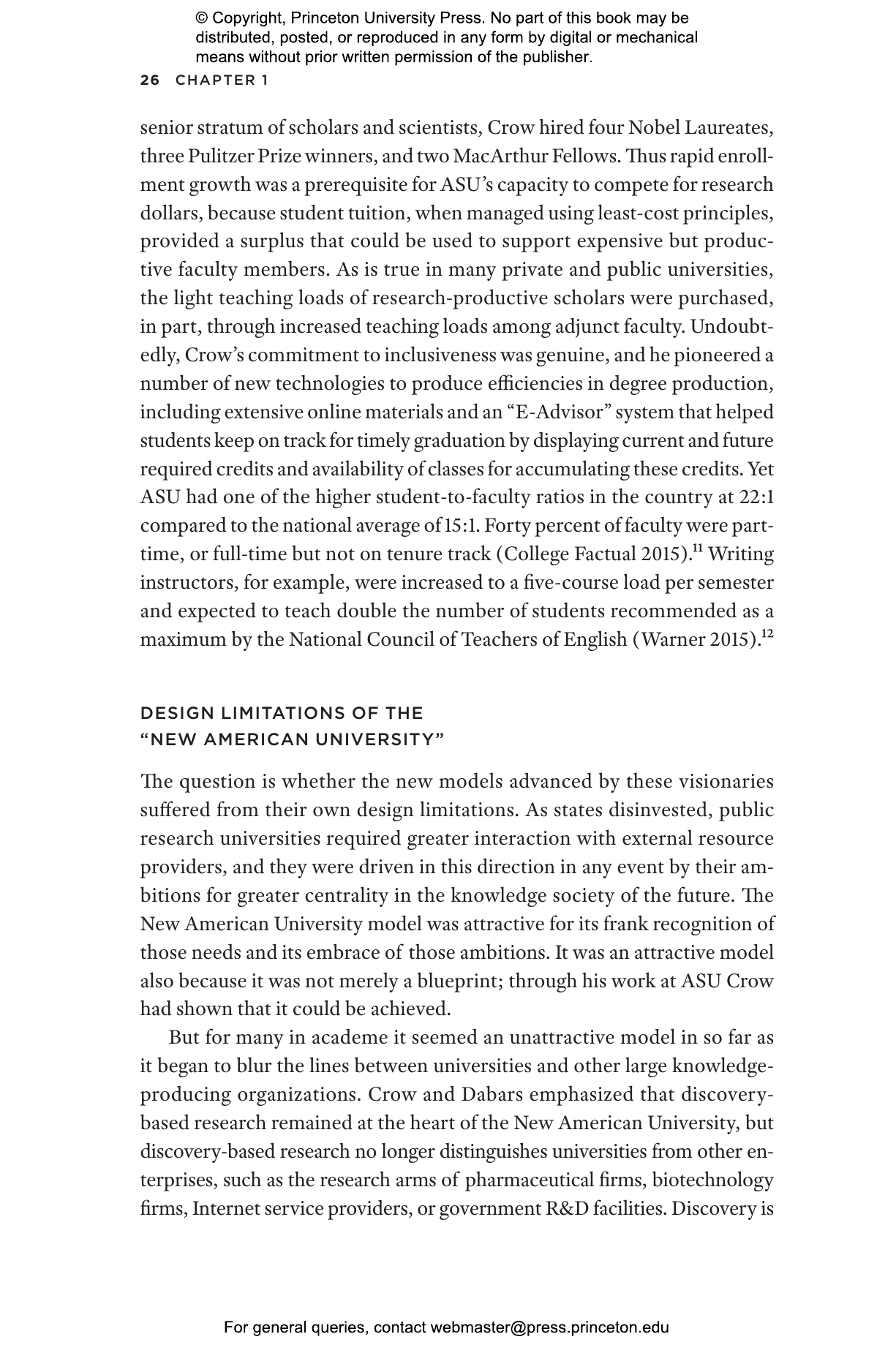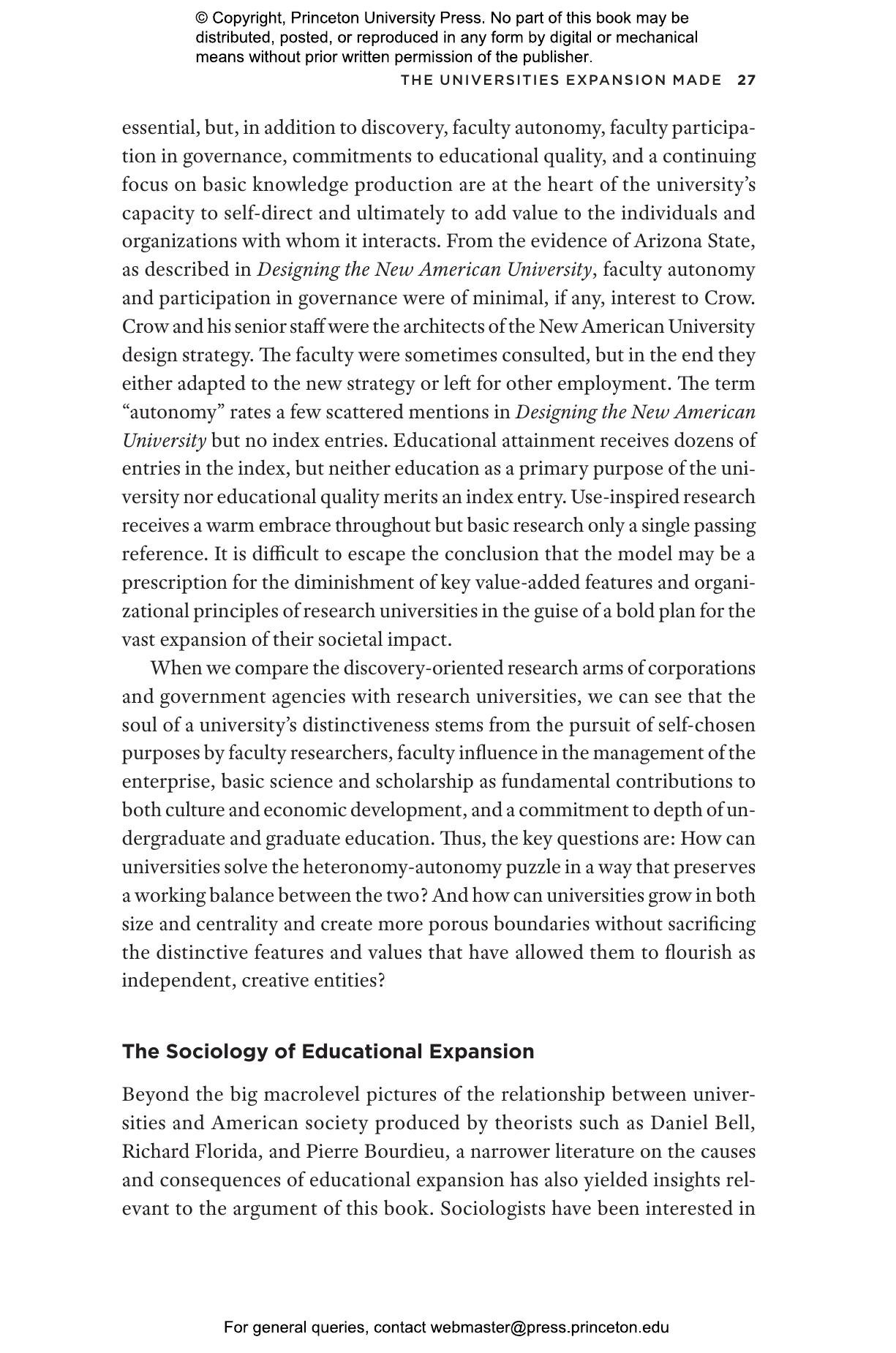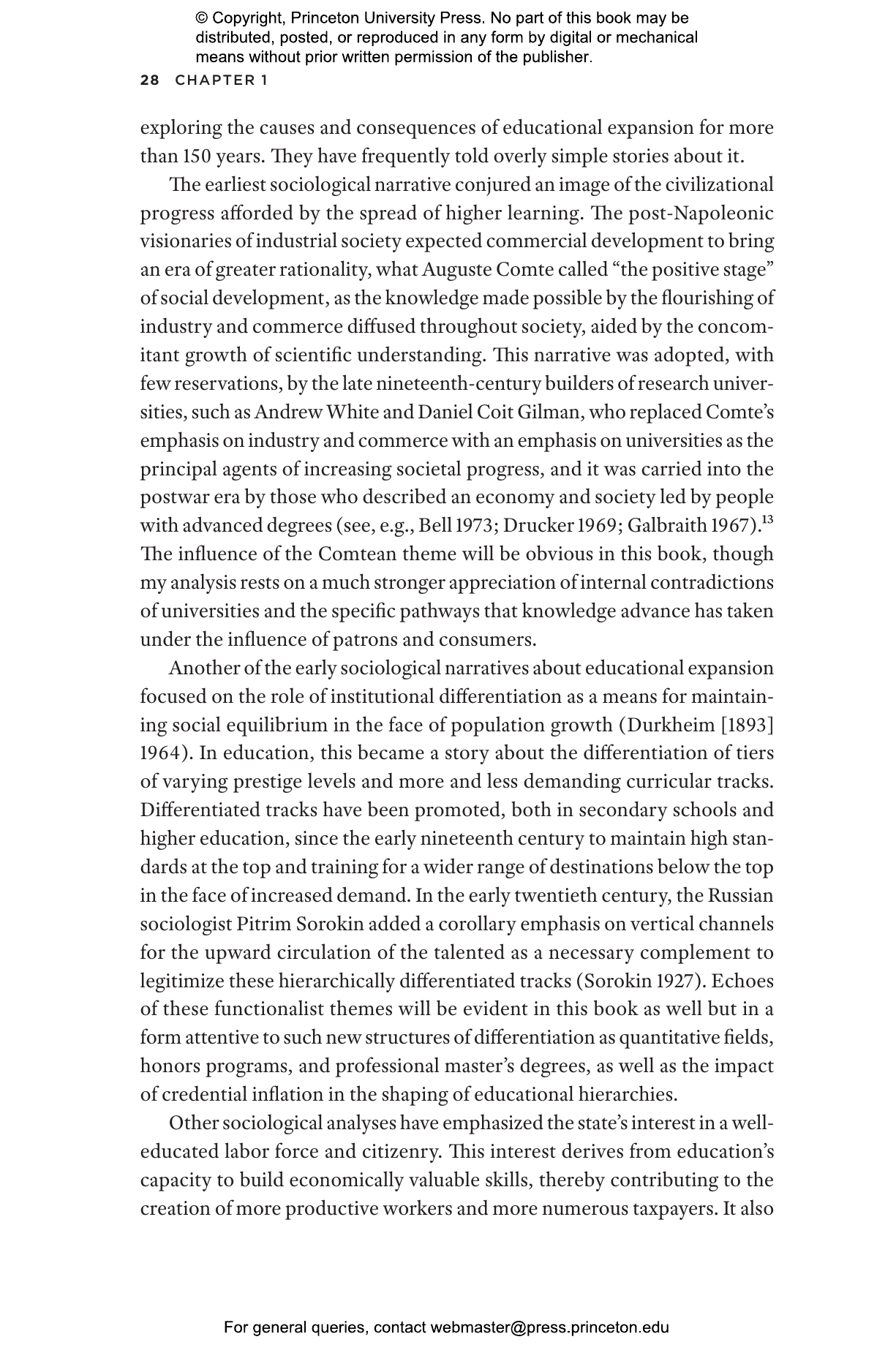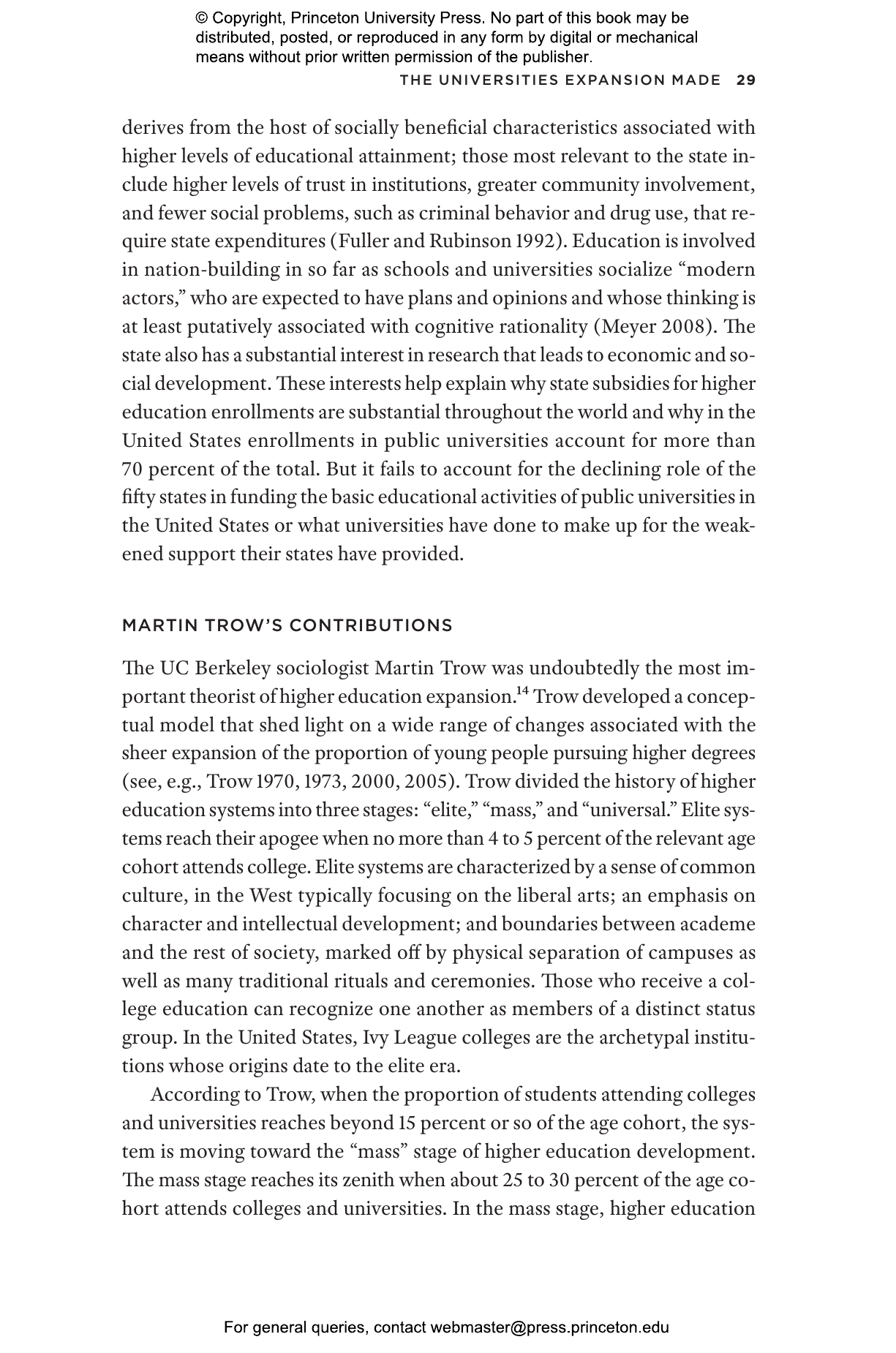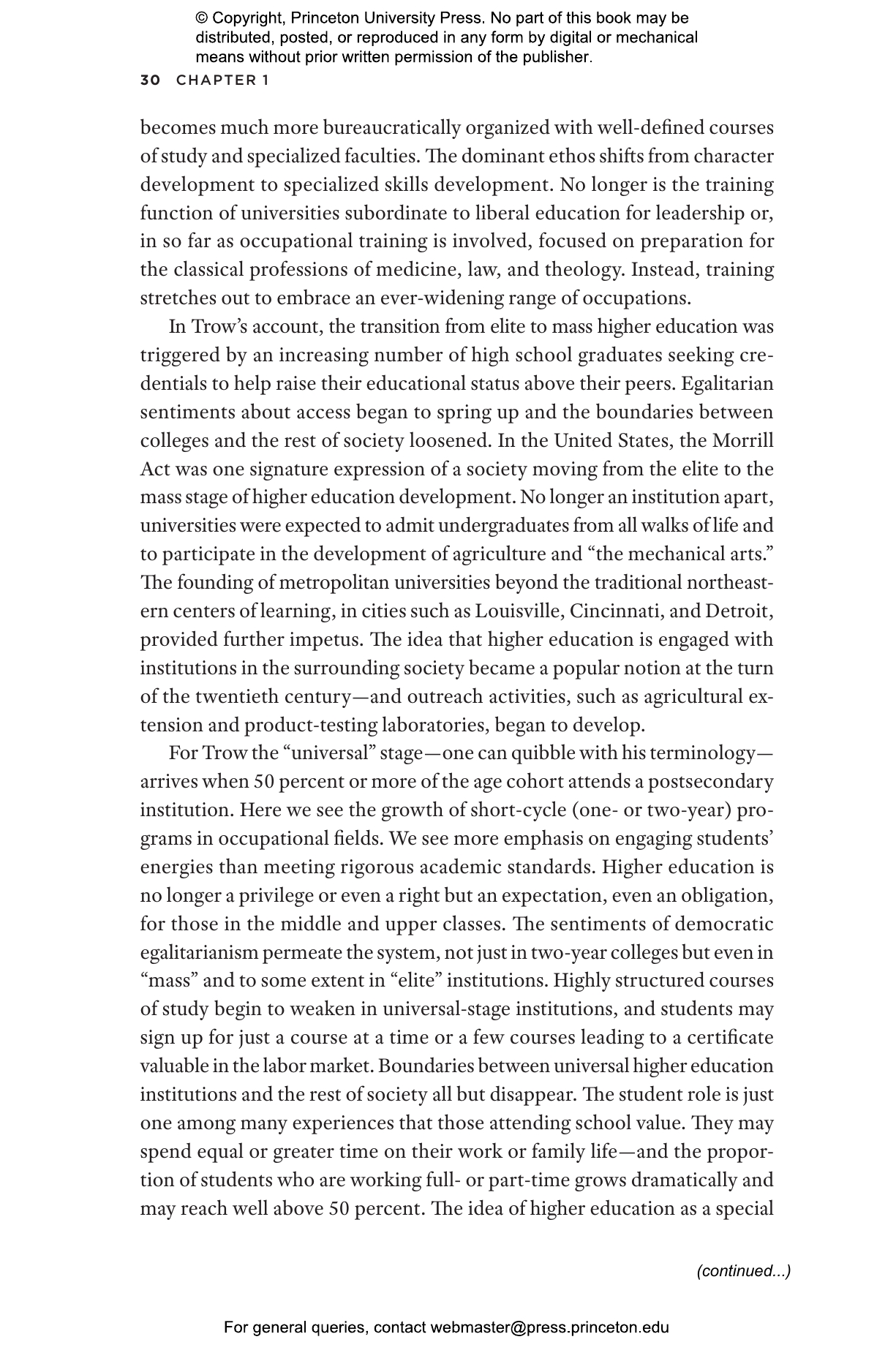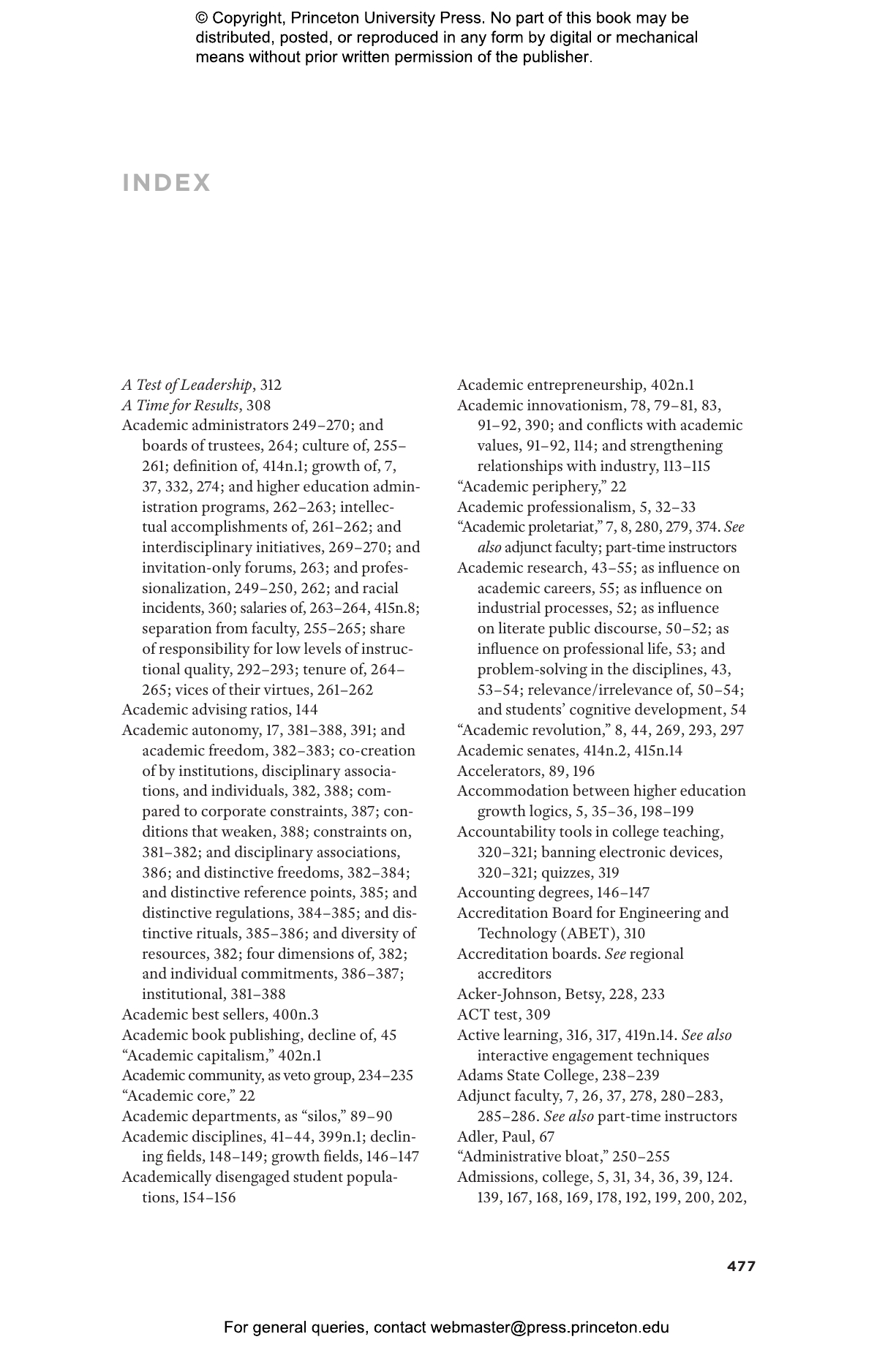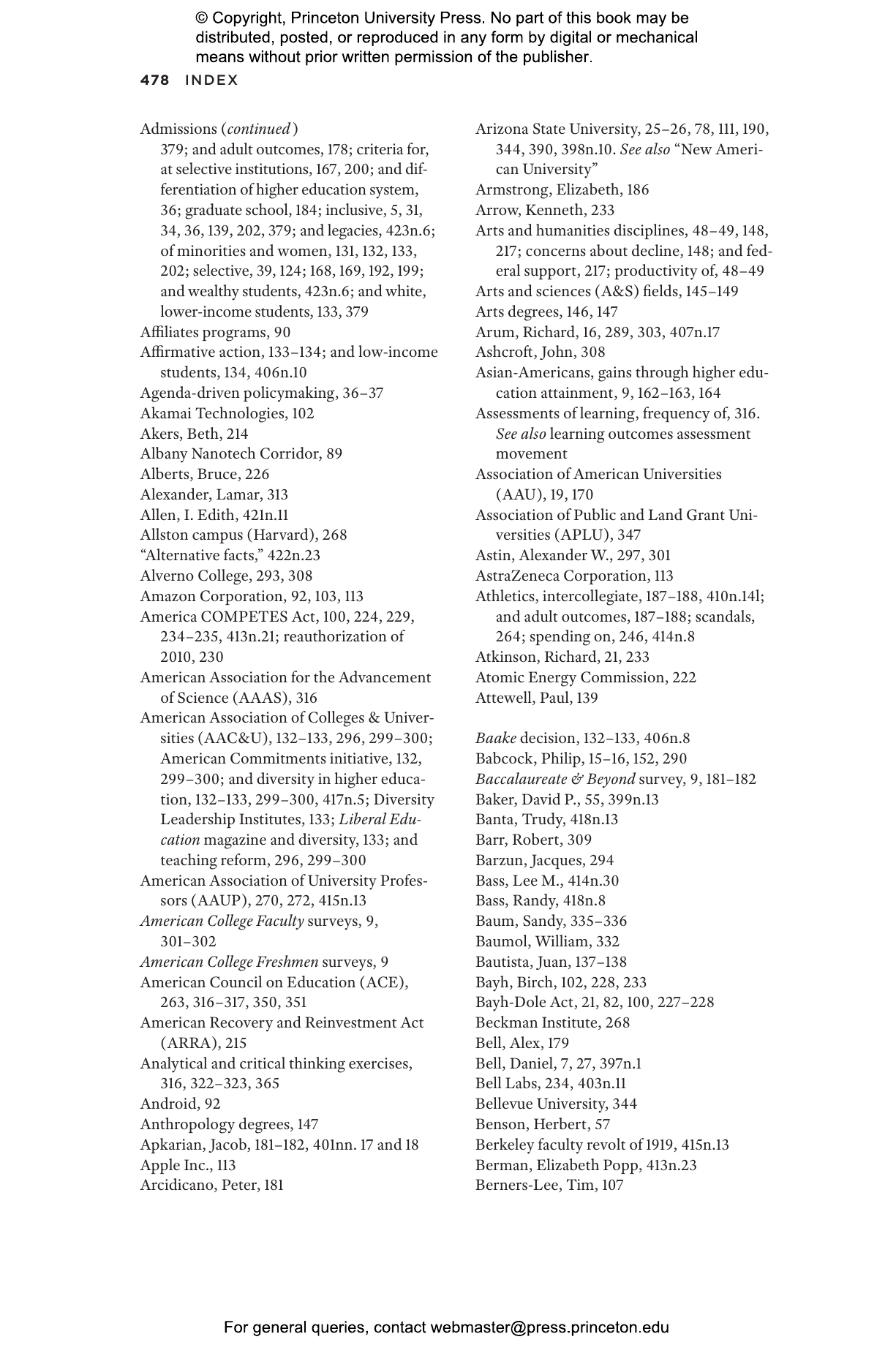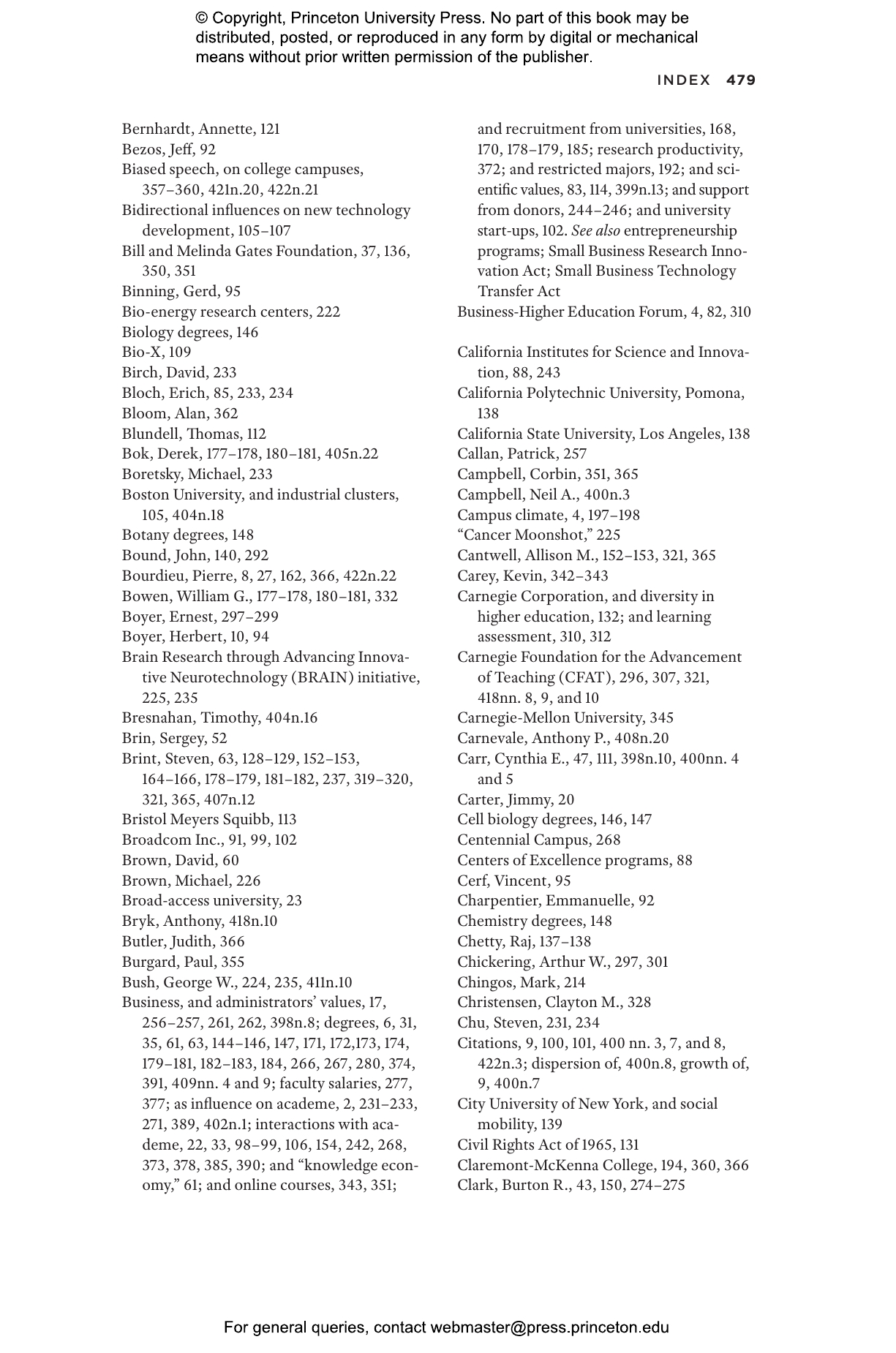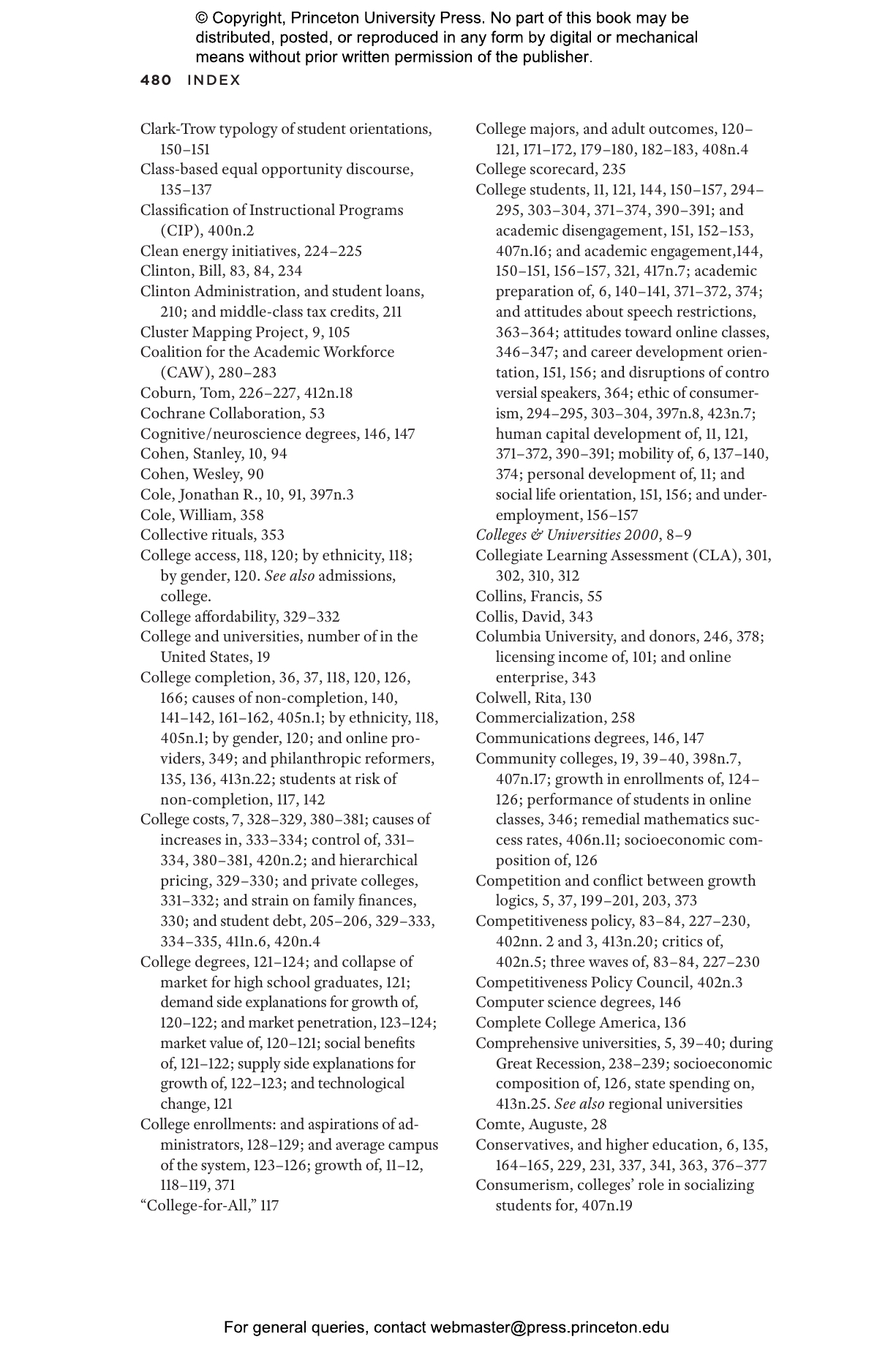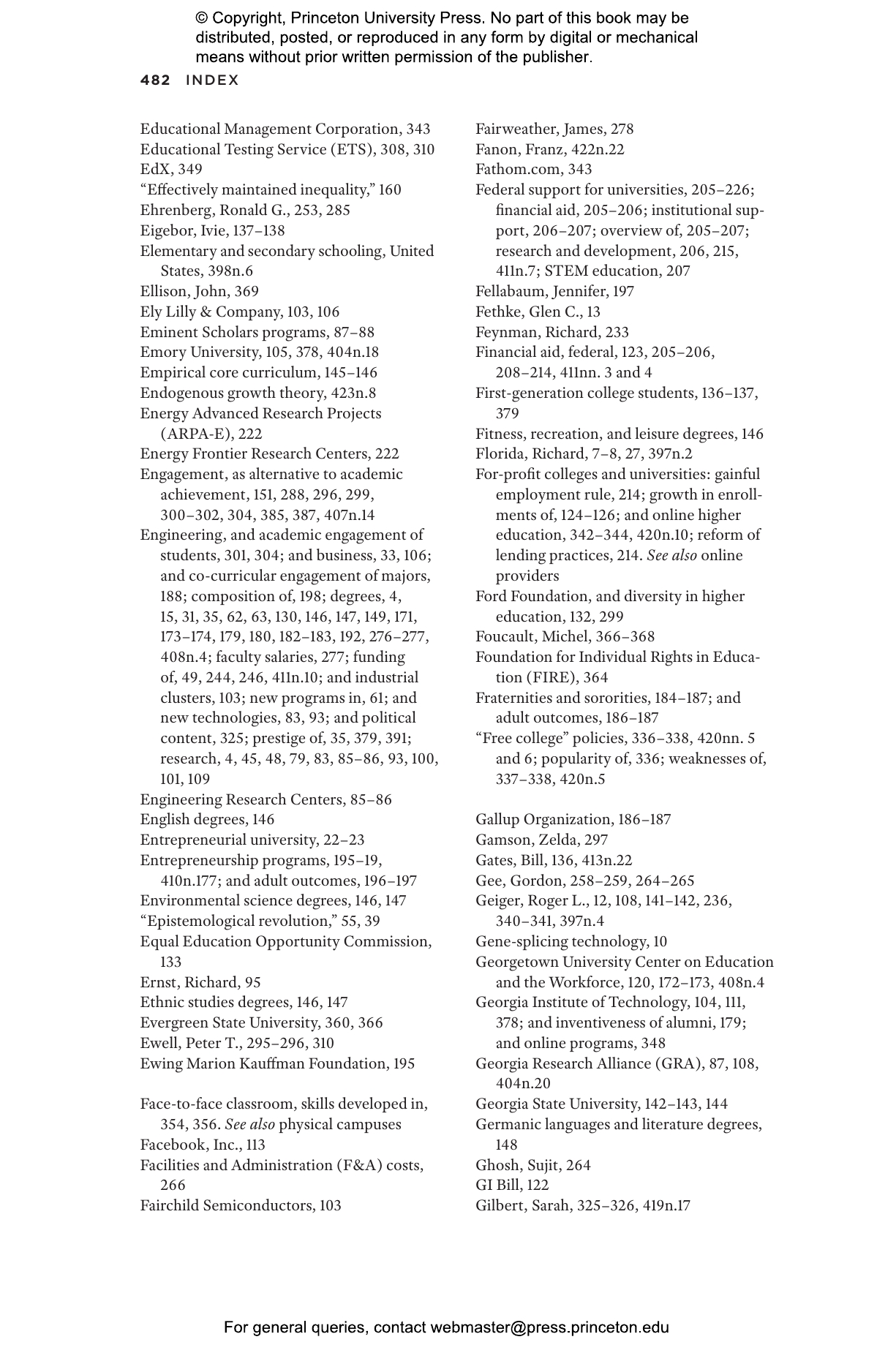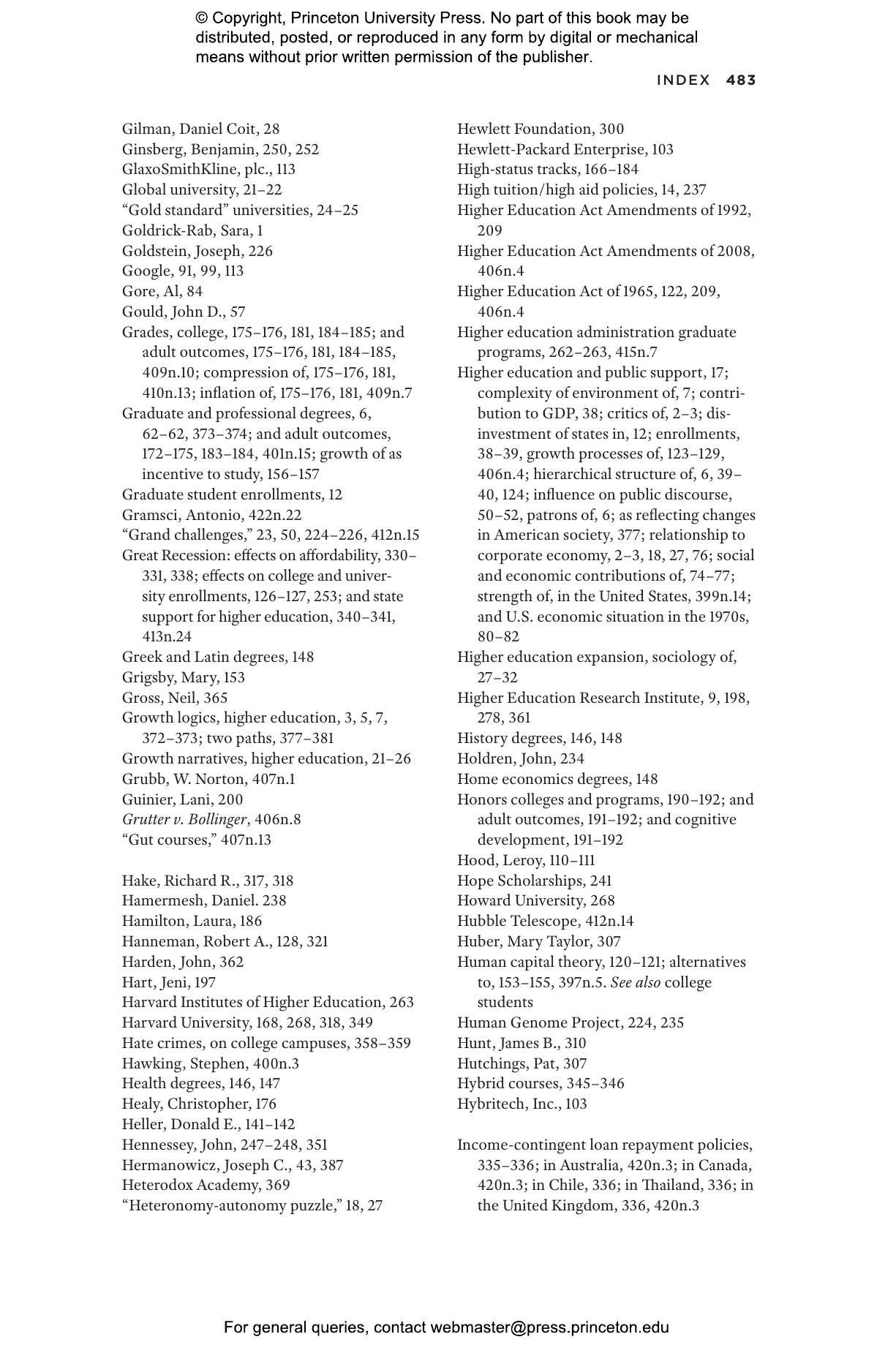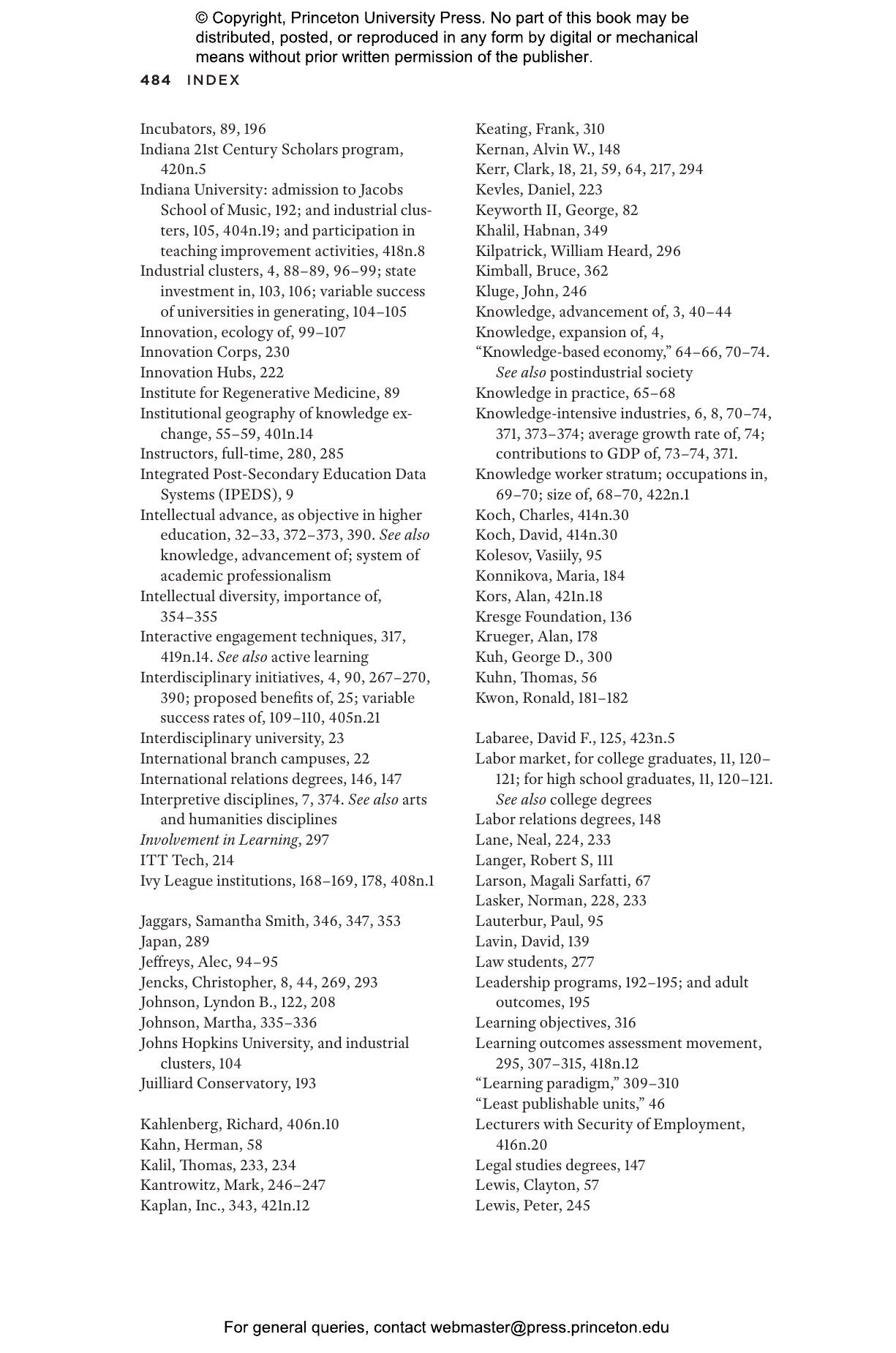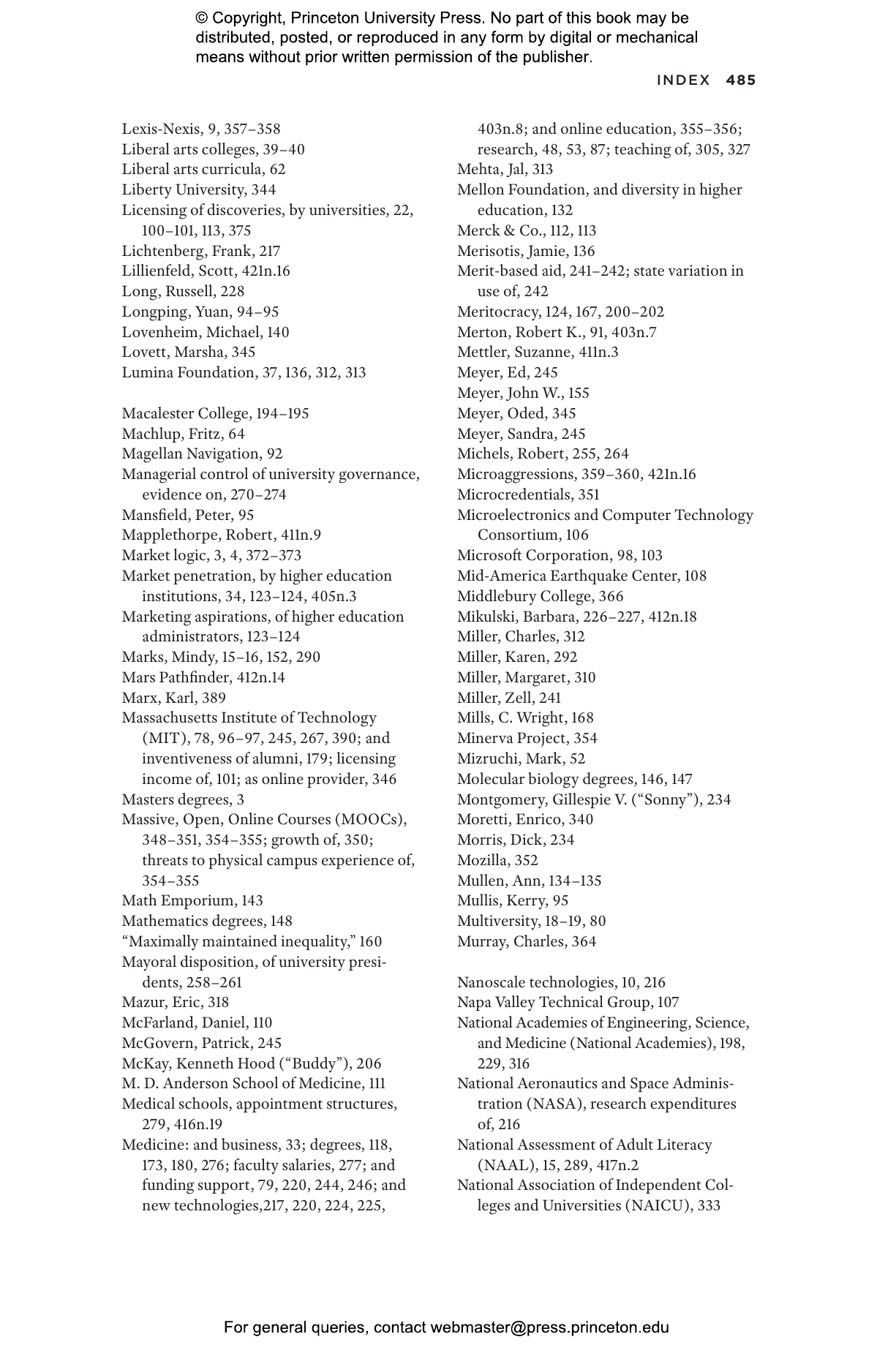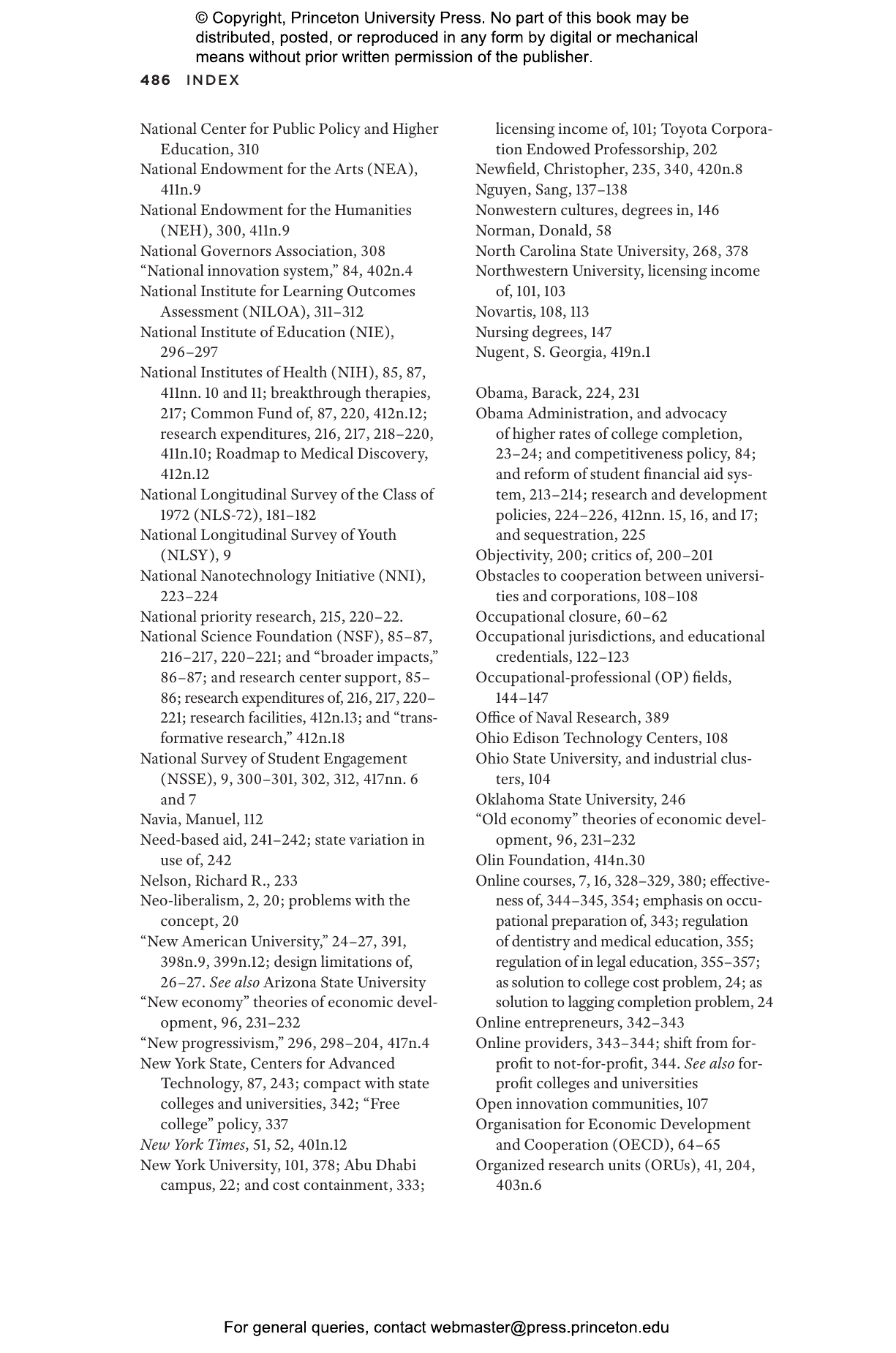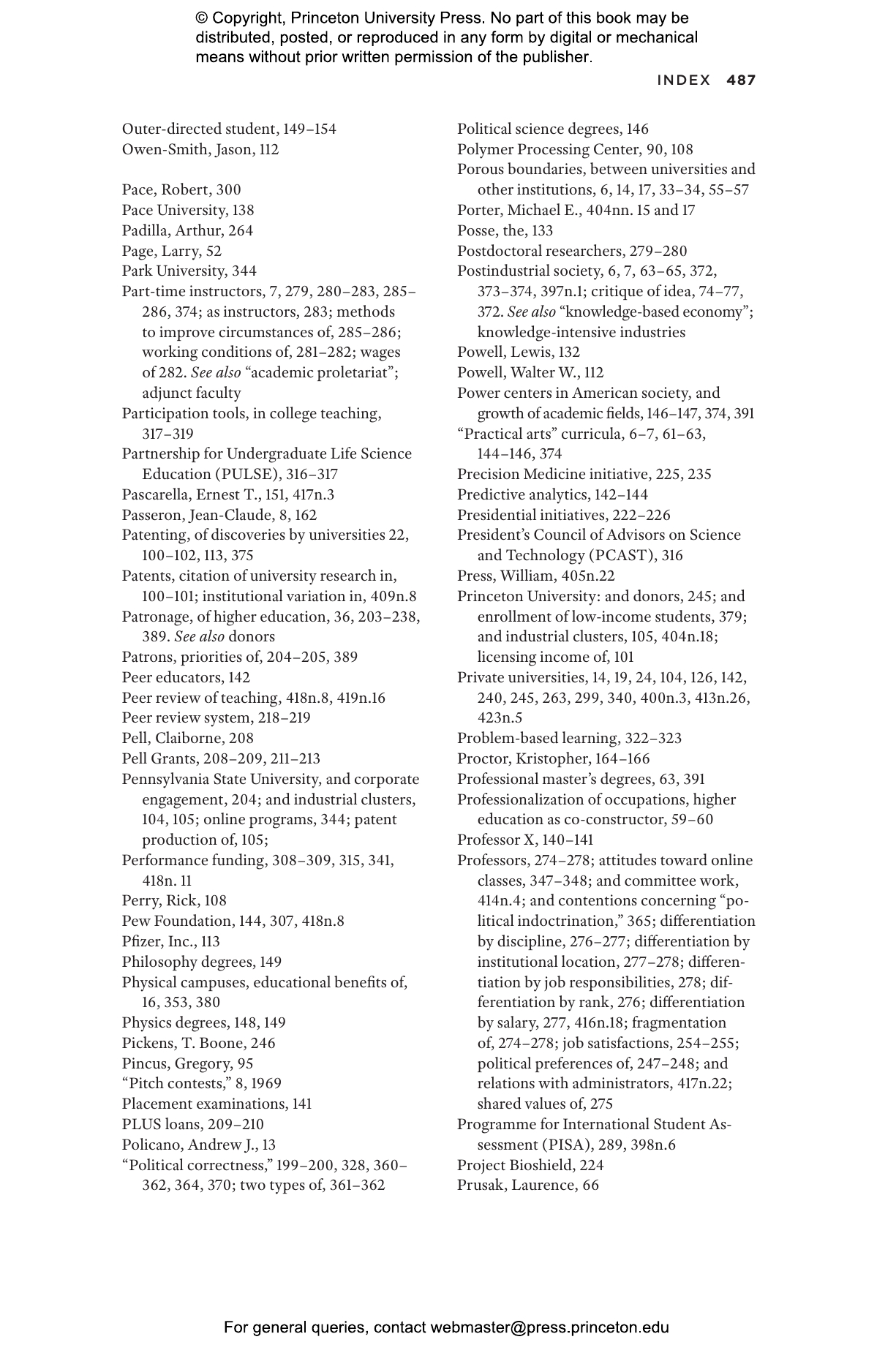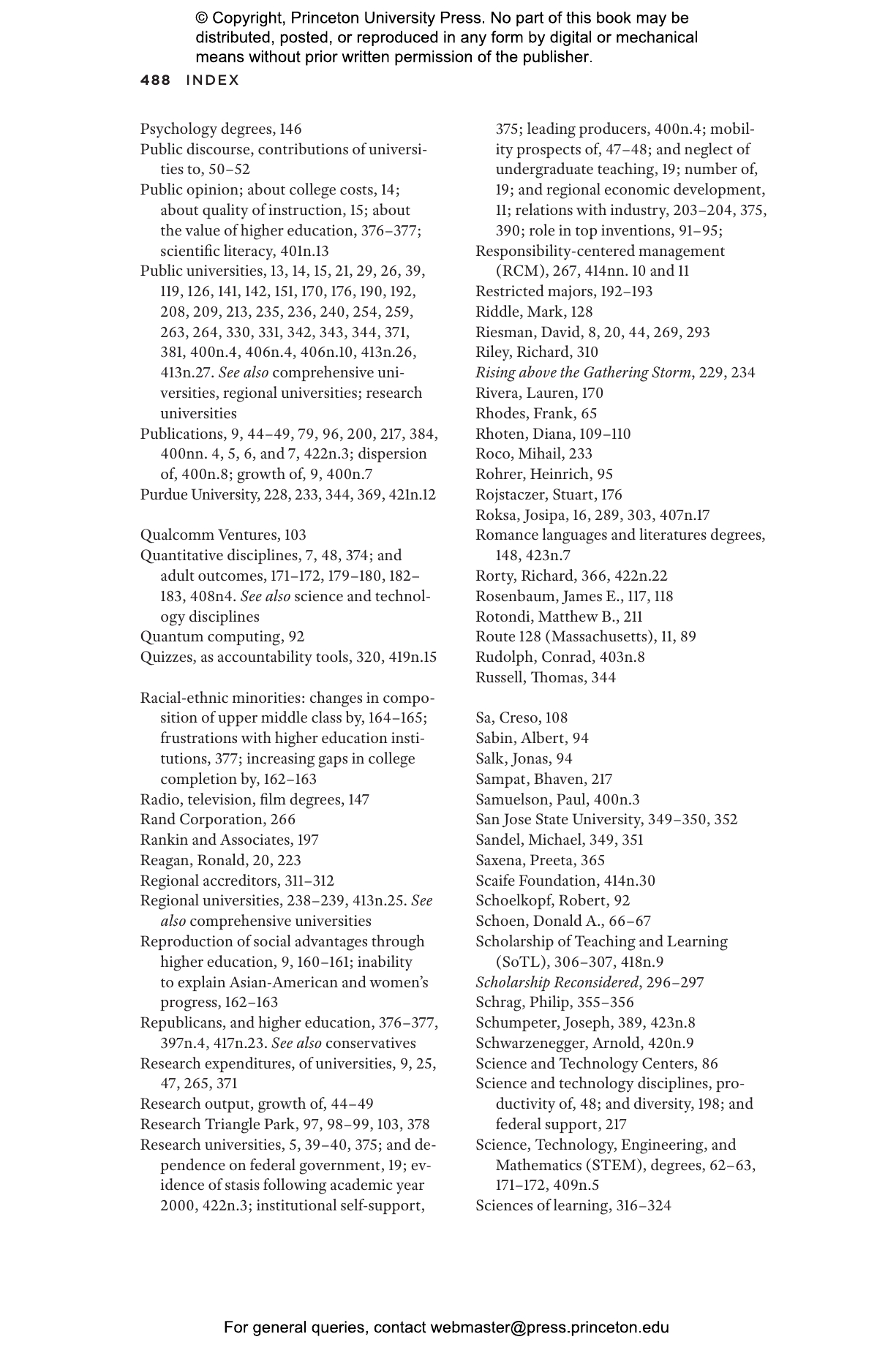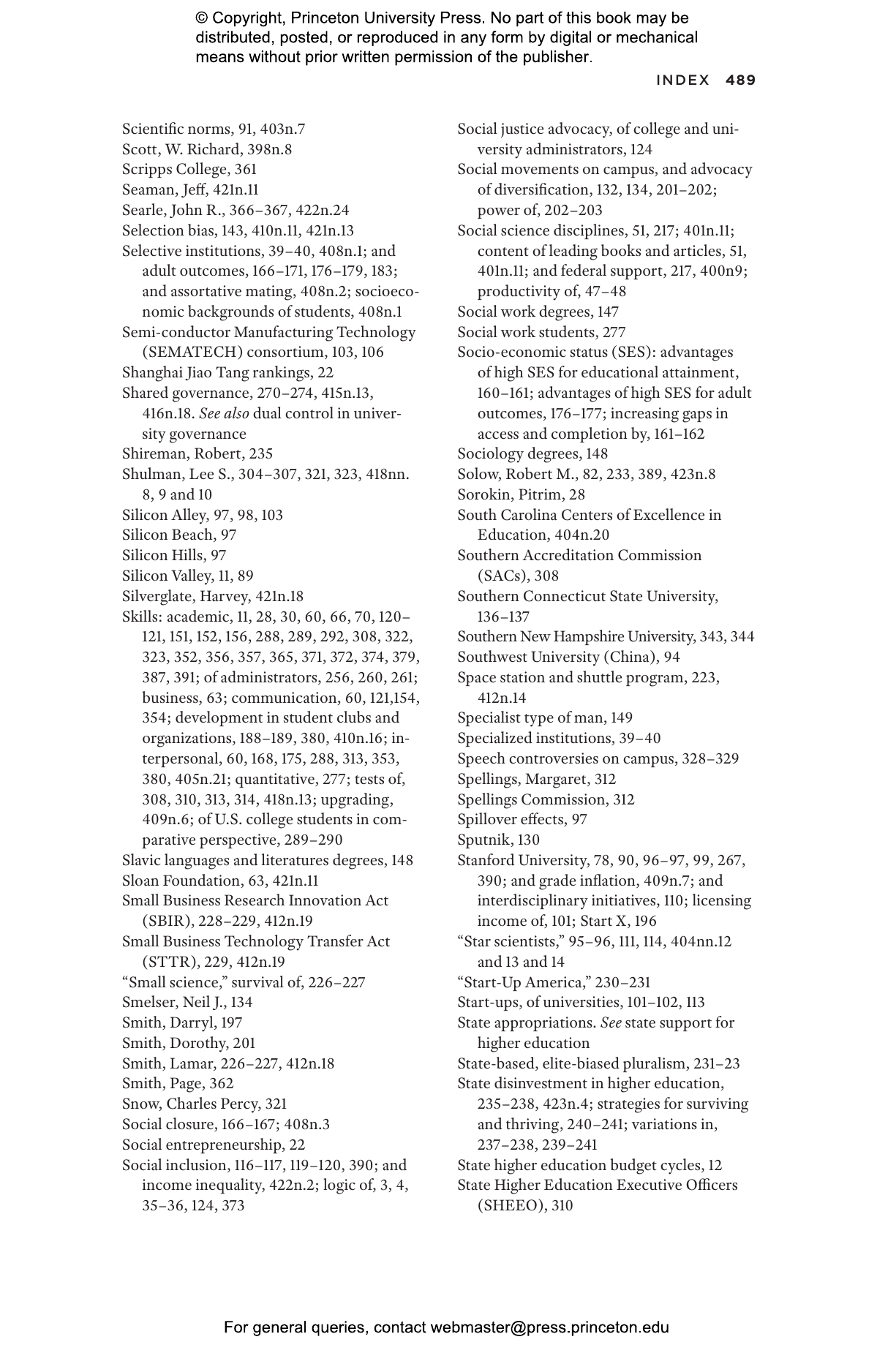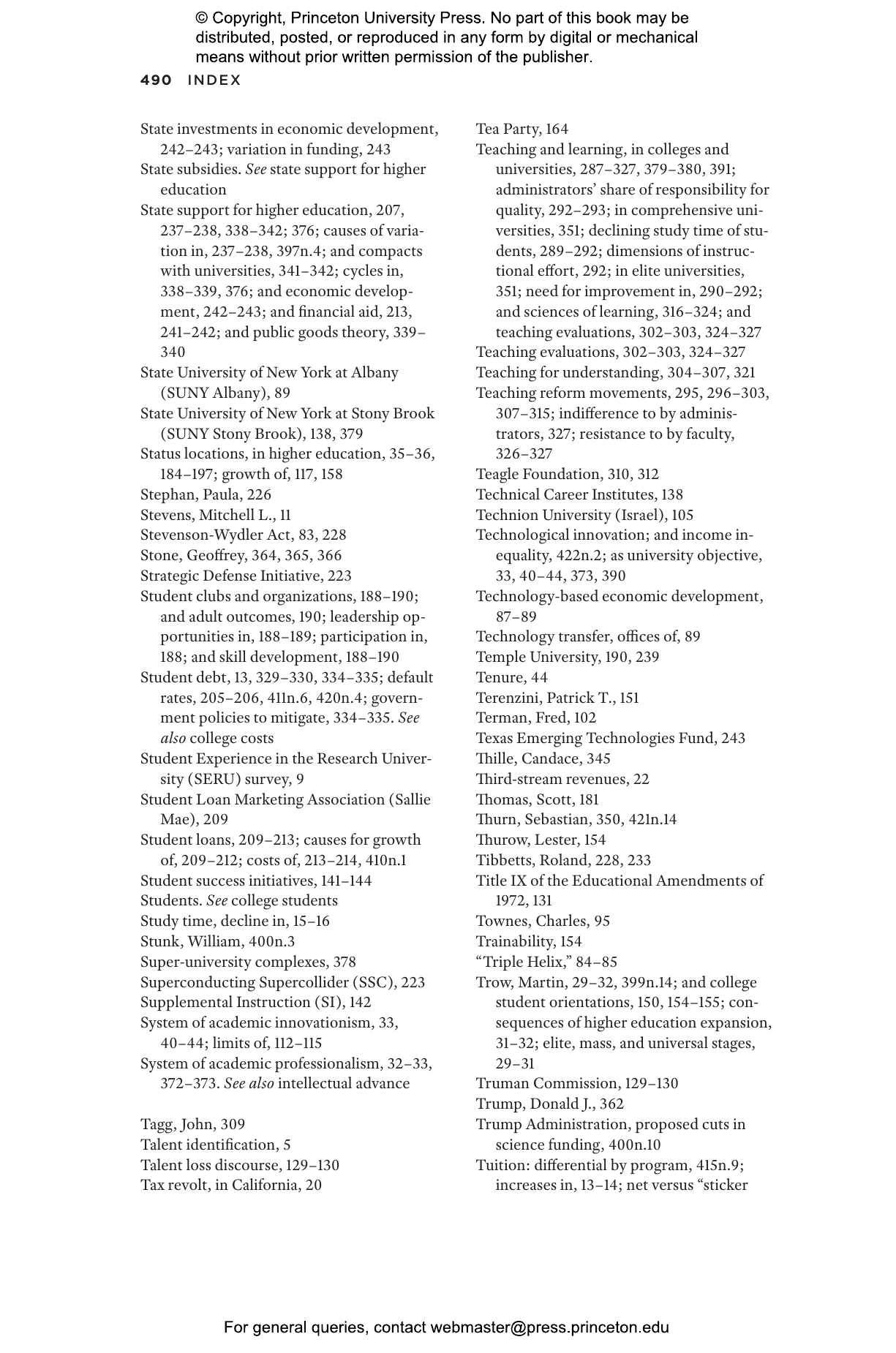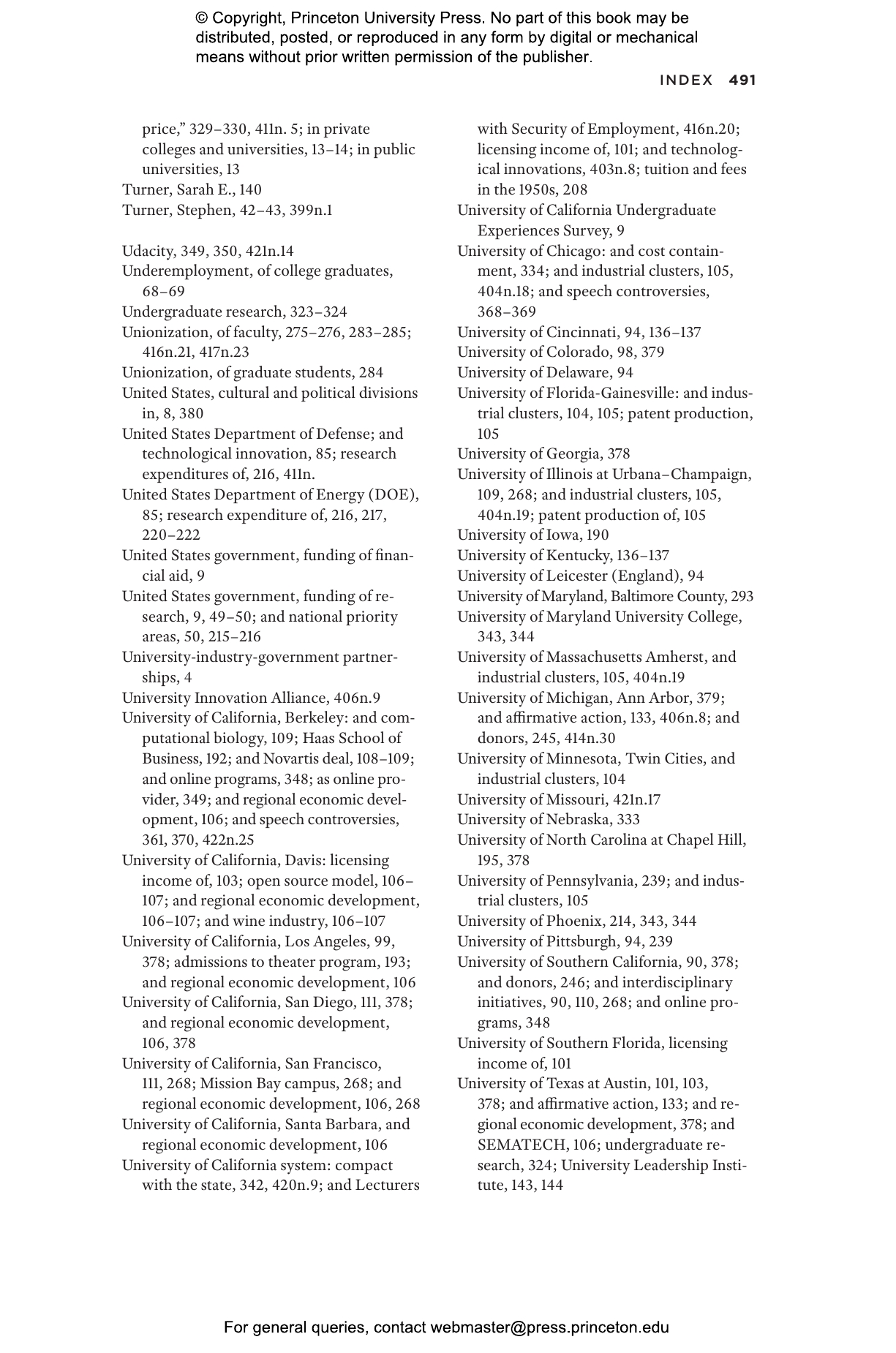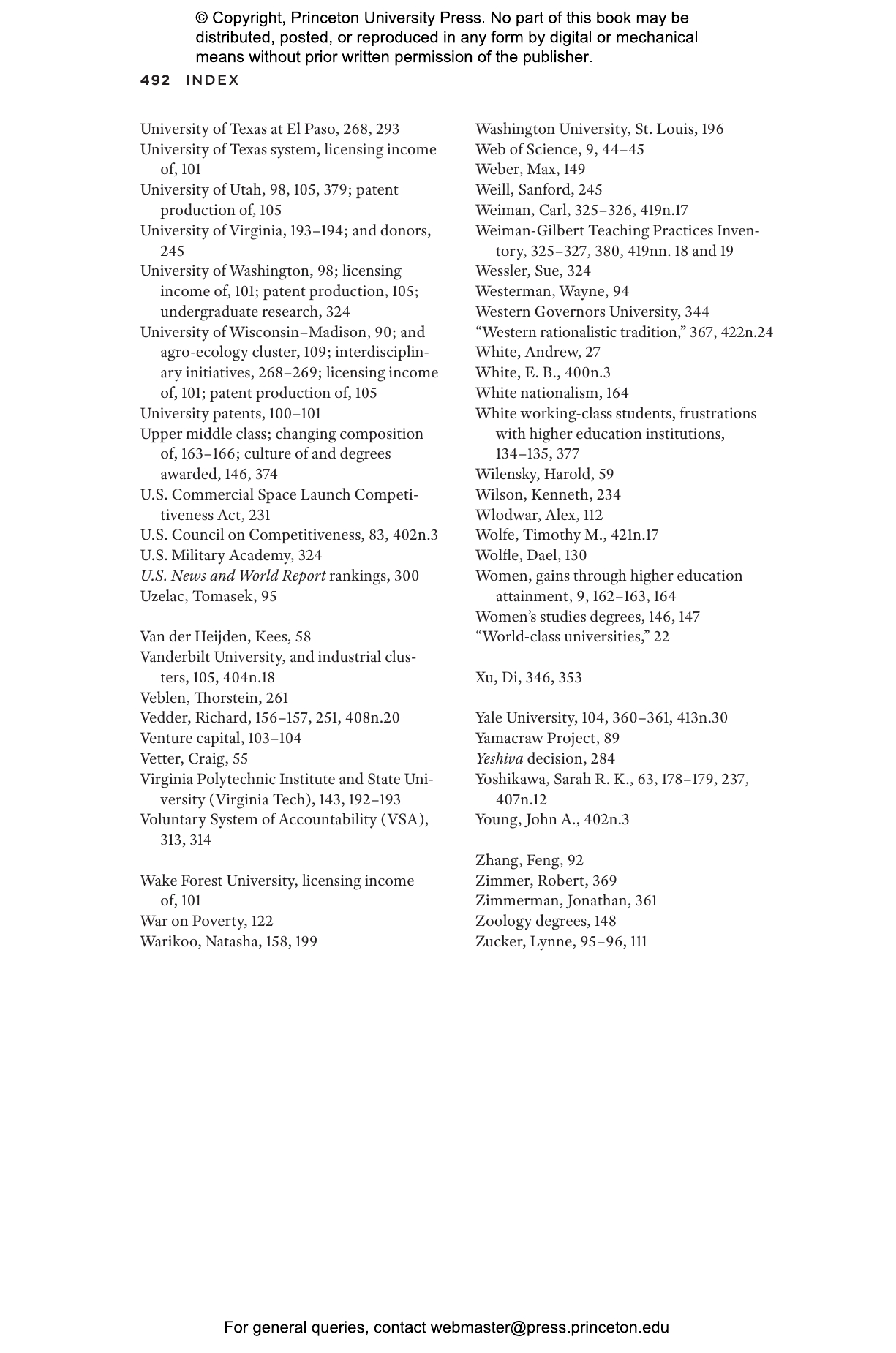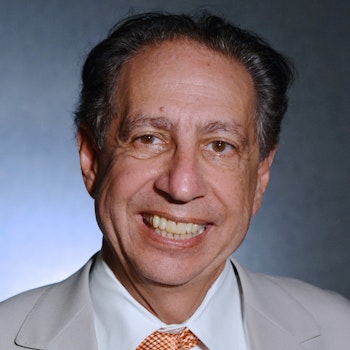Two Cheers for Higher Education: Why American Universities Are Stronger Than Ever—and How to Meet the Challenges They Face
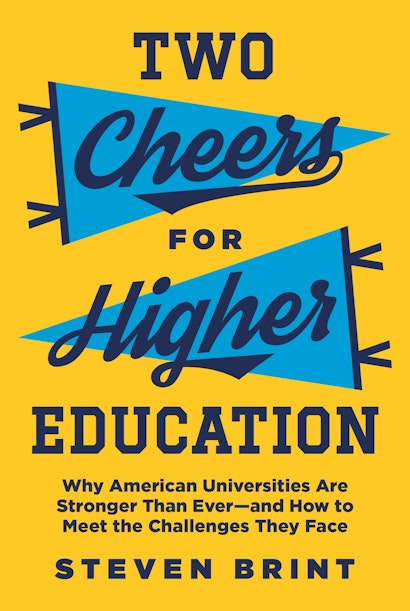

Hardcover
Paperback
ebook (EPUB via app)
- Sale Price:
- $20.27/ÂŁ17.50
- Price:
-
$28.95/ÂŁ25.00 - ISBN:
- Published:
- Jan 8, 2019
- Copyright:
- 2018
- 21 b/w illus., 21 tables
30% off with code PUP30
ebook (PDF via app)
-
Audio and ebooks (EPUB and PDF) purchased from this site must be accessed on the 91ĚŇÉ« app. After purchasing, you will an receive email with instructions to access your purchase.
About audio and ebooks - Request Exam Copy
- Common Reading Selection
Crushing student debt, rapidly eroding state funding, faculty embroiled in speech controversies, a higher-education market disrupted by online competition—today’s headlines suggest that universities’ power to advance knowledge and shape American society is rapidly declining. But Steven Brint, a renowned analyst of academic institutions, has tracked numerous trends demonstrating their vitality. After a recent period that witnessed soaring student enrollment and ample research funding, universities, he argues, are in a better position than ever before.
Focusing on the years 1980–2015, Brint details the trajectory of American universities, which was influenced by evolving standards of disciplinary professionalism, market-driven partnerships (especially with scientific and technological innovators outside the academy), and the goal of social inclusion. Conflicts arose: academic entrepreneurs, for example, flouted their campus responsibilities, and departments faced backlash over the hiring of scholars with nontraditional research agendas. Nevertheless, educators’ commitments to technological innovation and social diversity prevailed and created a new dynamism.
Brint documents these successes along with the challenges that result from rapid change. Today, knowledge-driven industries generate almost half of U.S. GDP, but divisions by educational level split the American political order. Students flock increasingly to fields connected to the power centers of American life and steer away from the liberal arts. And opportunities for economic mobility are expanding even as academic expectations decline.
In describing how universities can meet such challenges head on, especially in improving classroom learning, Brint offers not only a clear-eyed perspective on the current state of American higher education but also a pragmatically optimistic vision for the future.
Awards and Recognition
- Co-Winner of the Emory Elliott Book Award, UCR Center for Ideas & Society
- Honorable Mention for the Pierre Bourdieu Award for Best Book, Sociology of Education Section of the American Sociological Association
- A Forbes' Pick for The Year's Best Books About Higher Education, 2019
